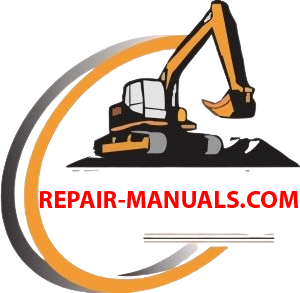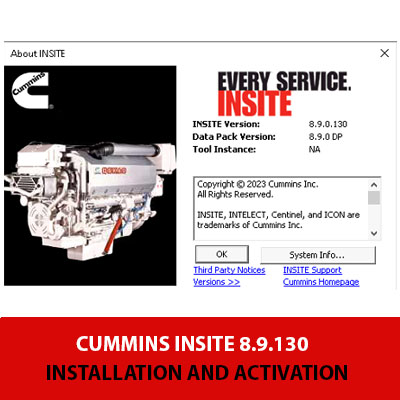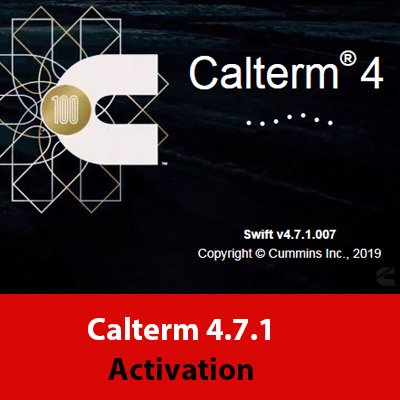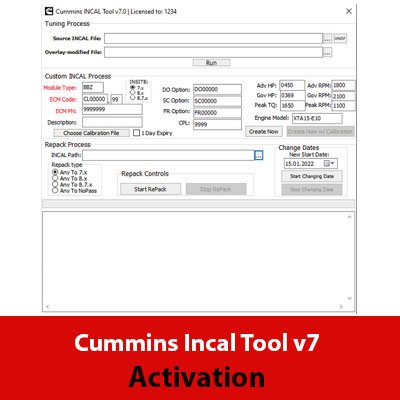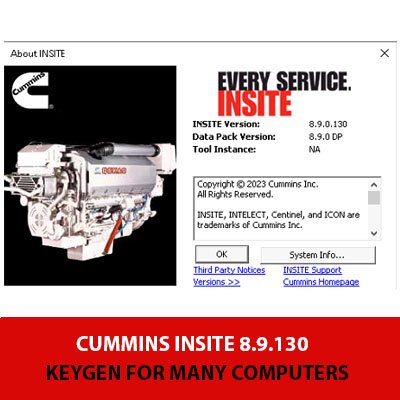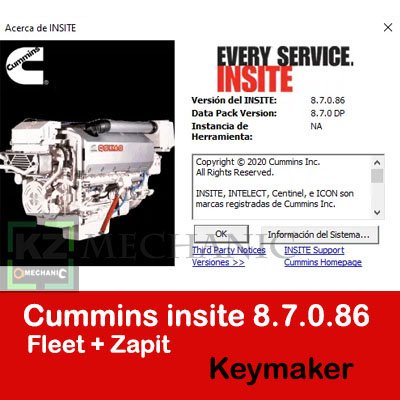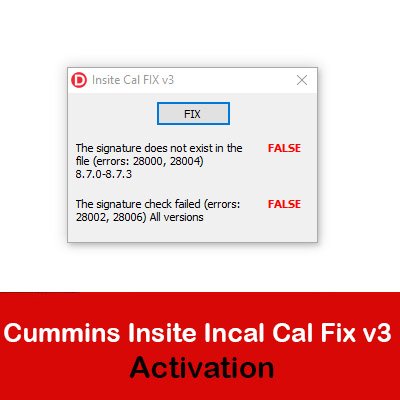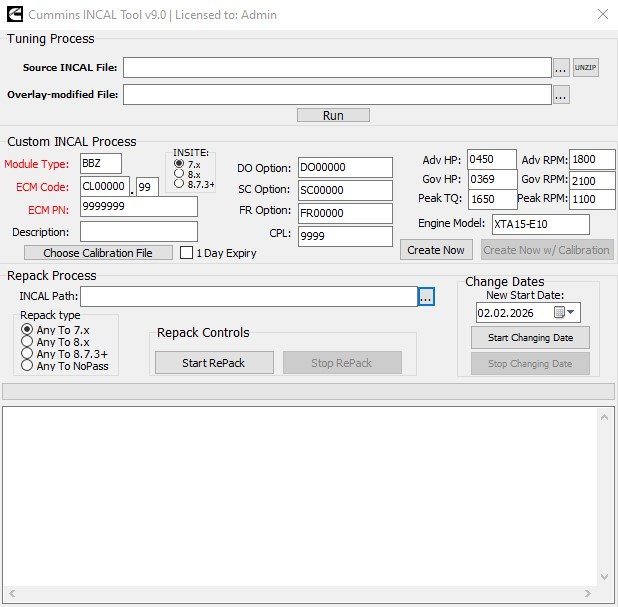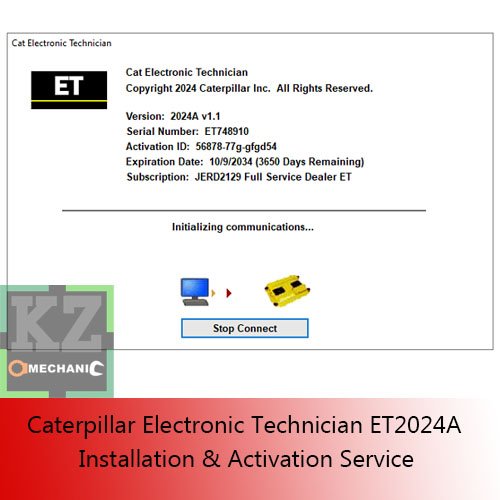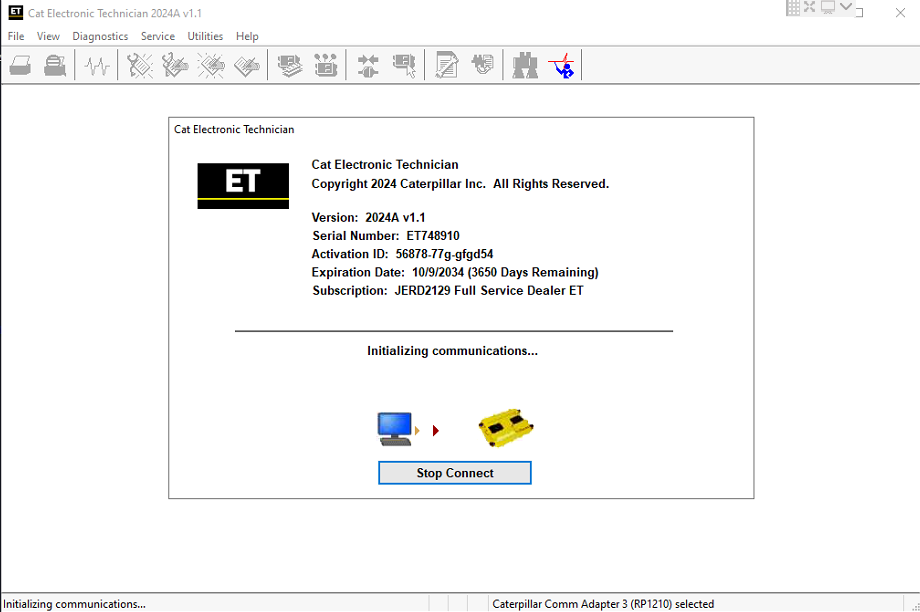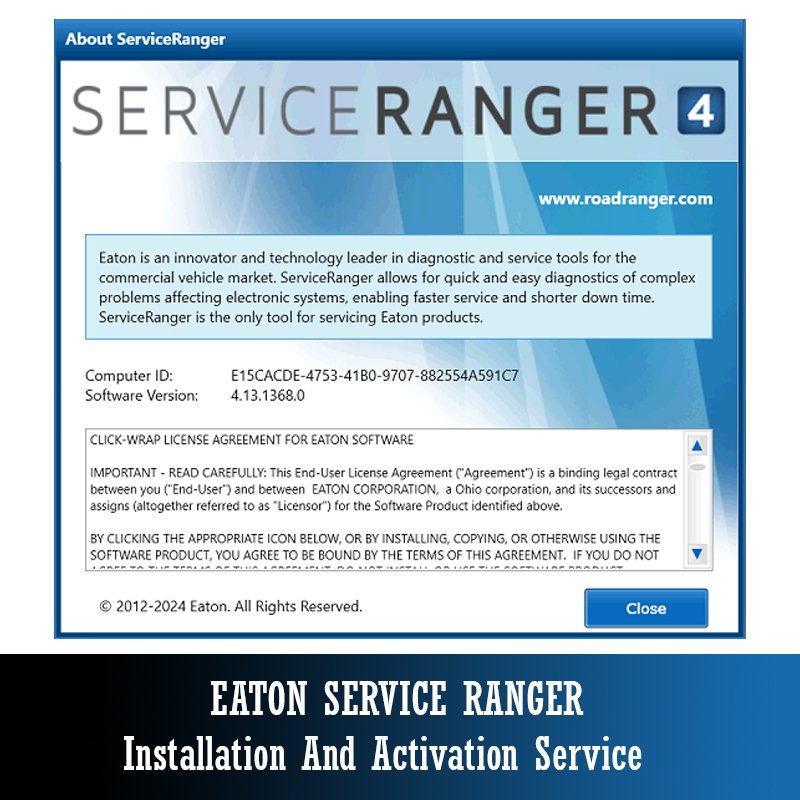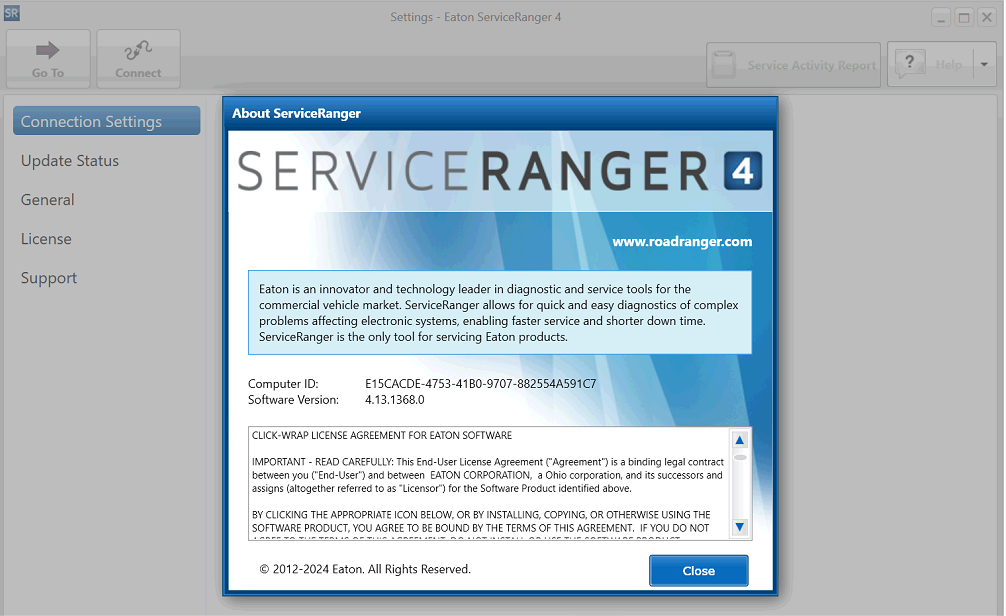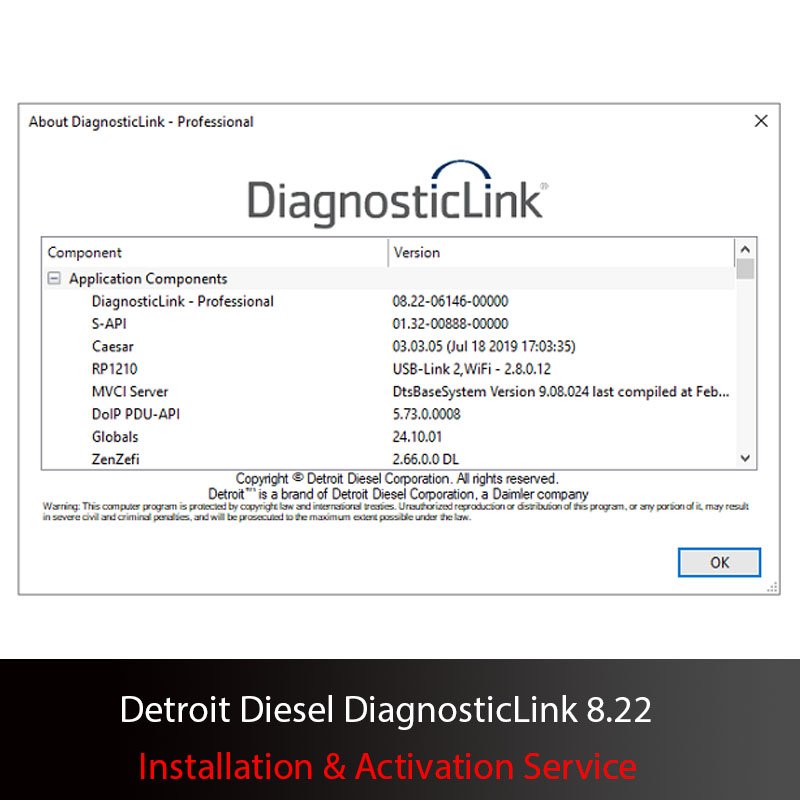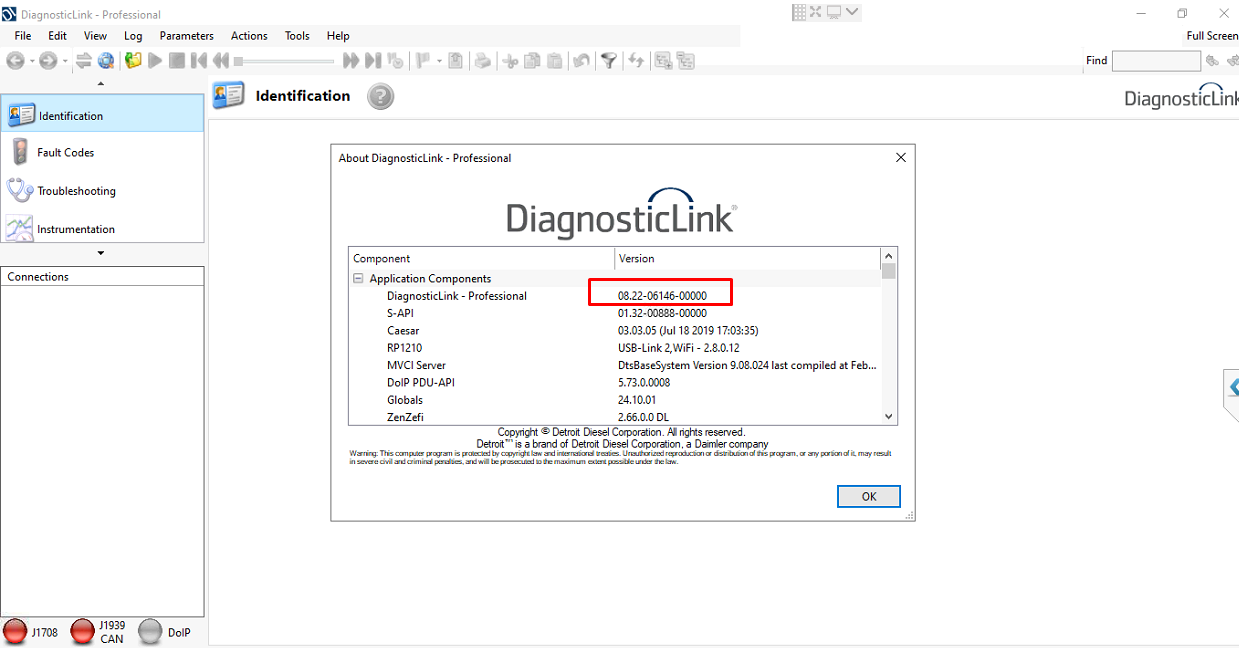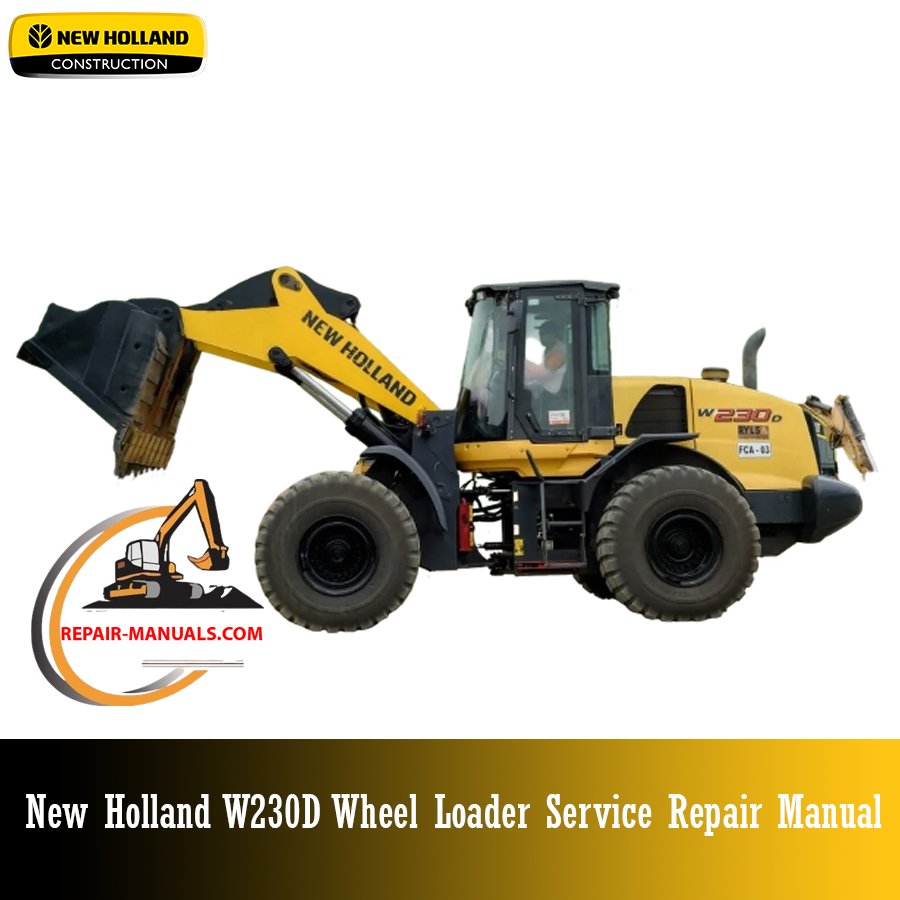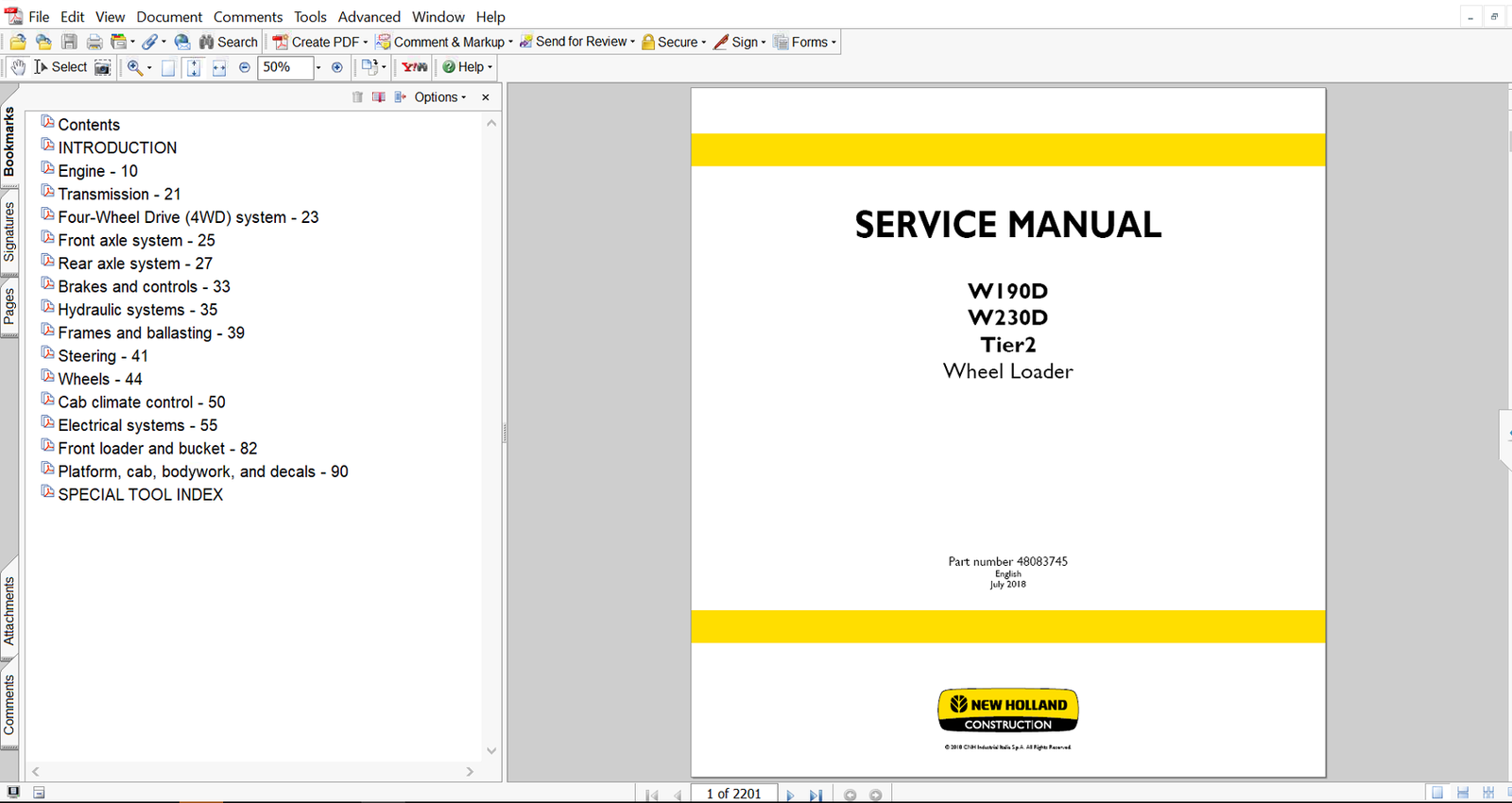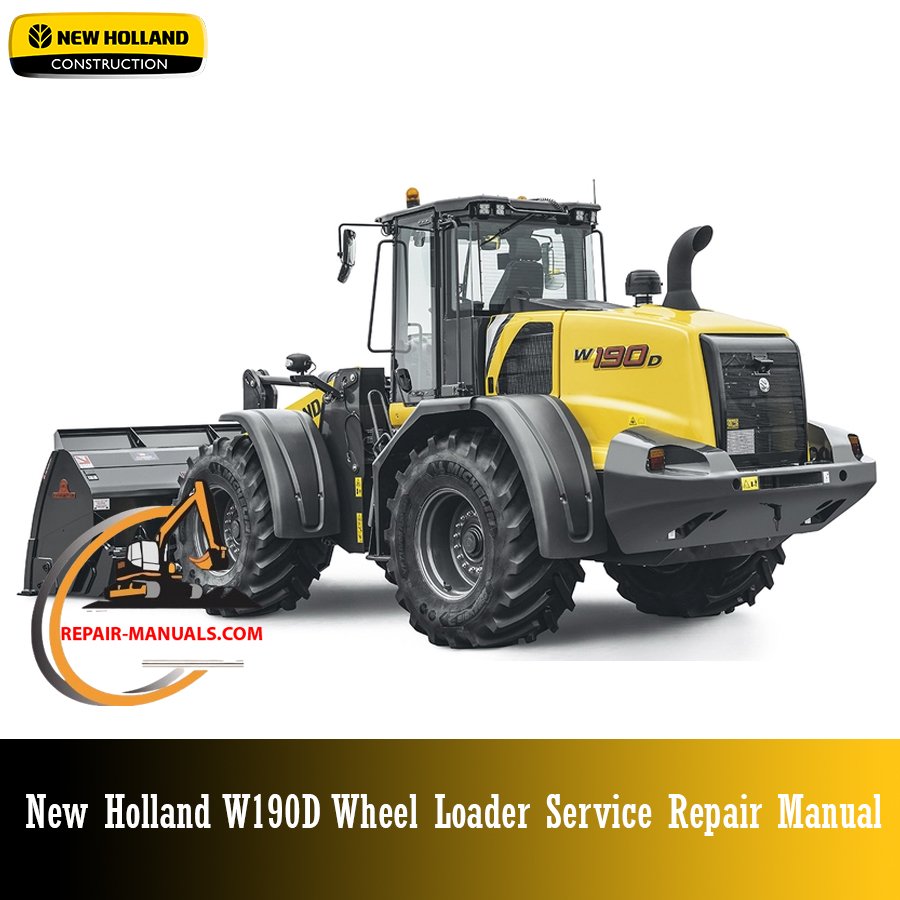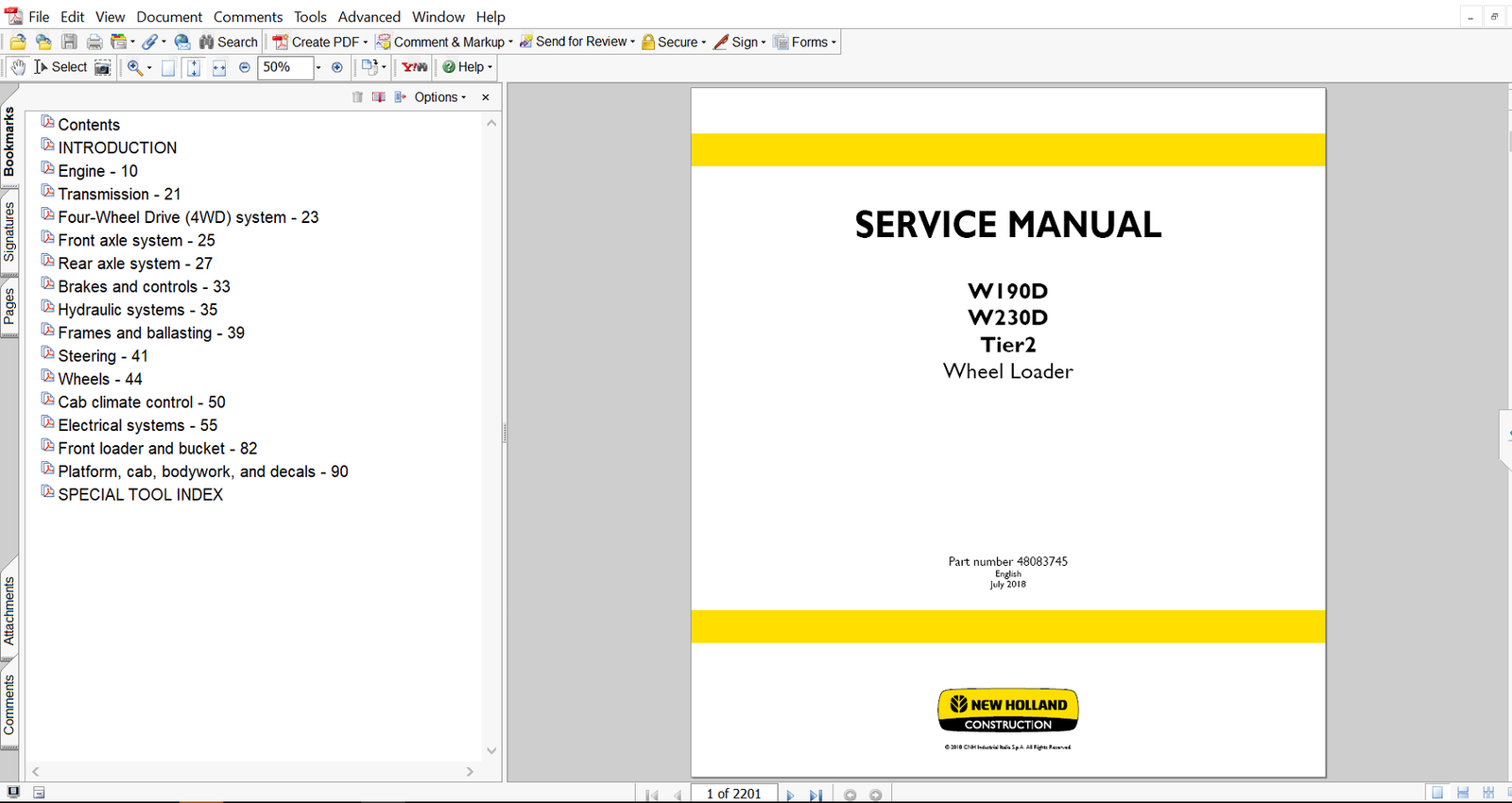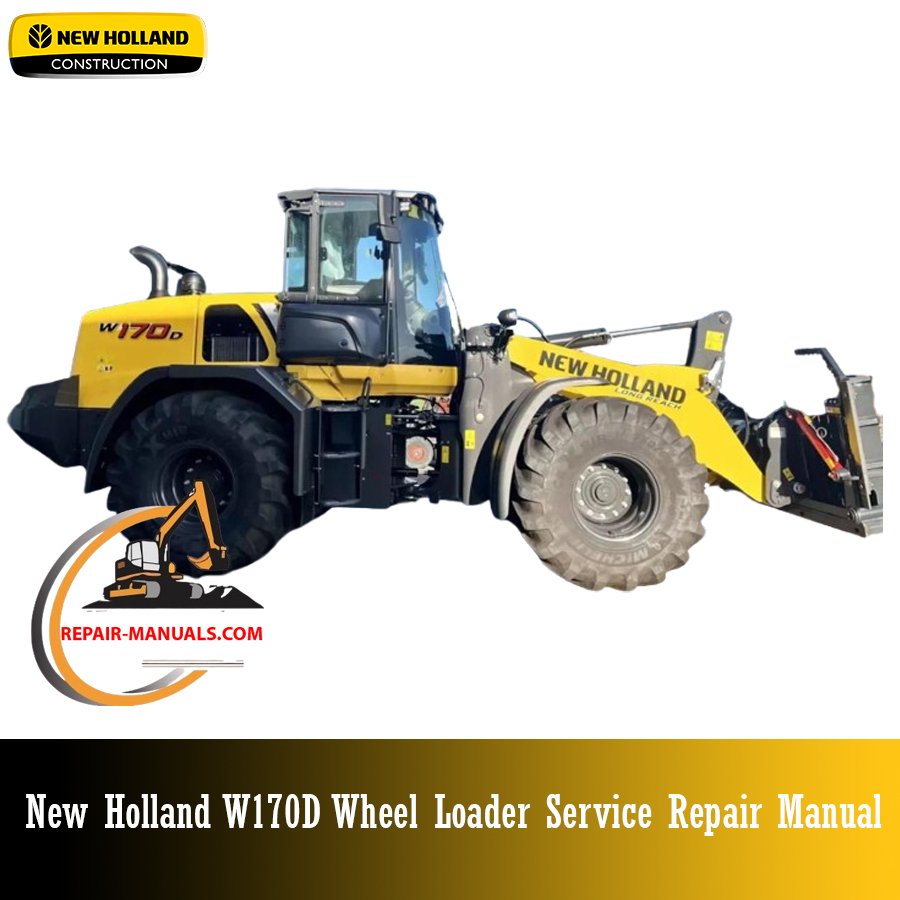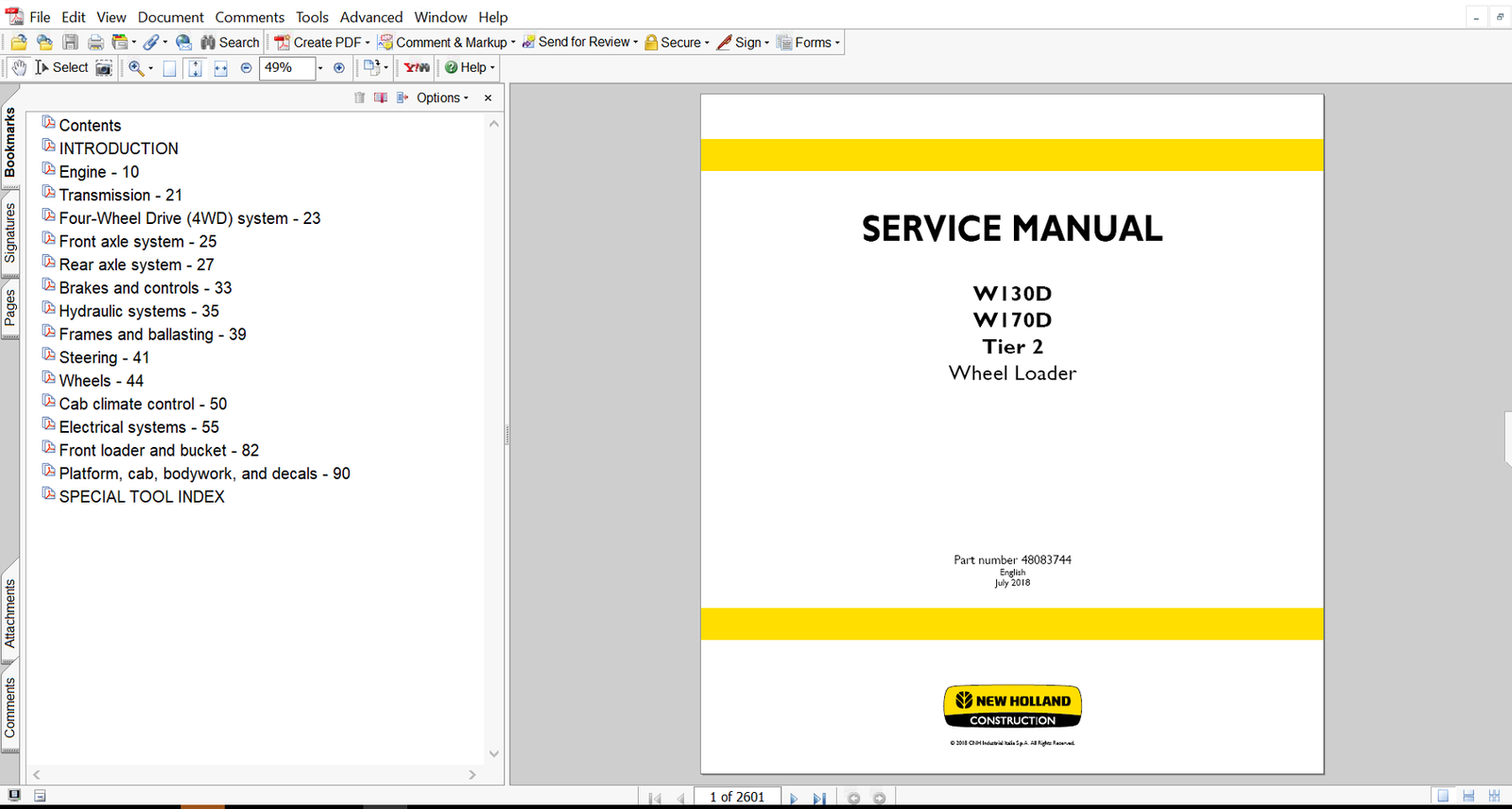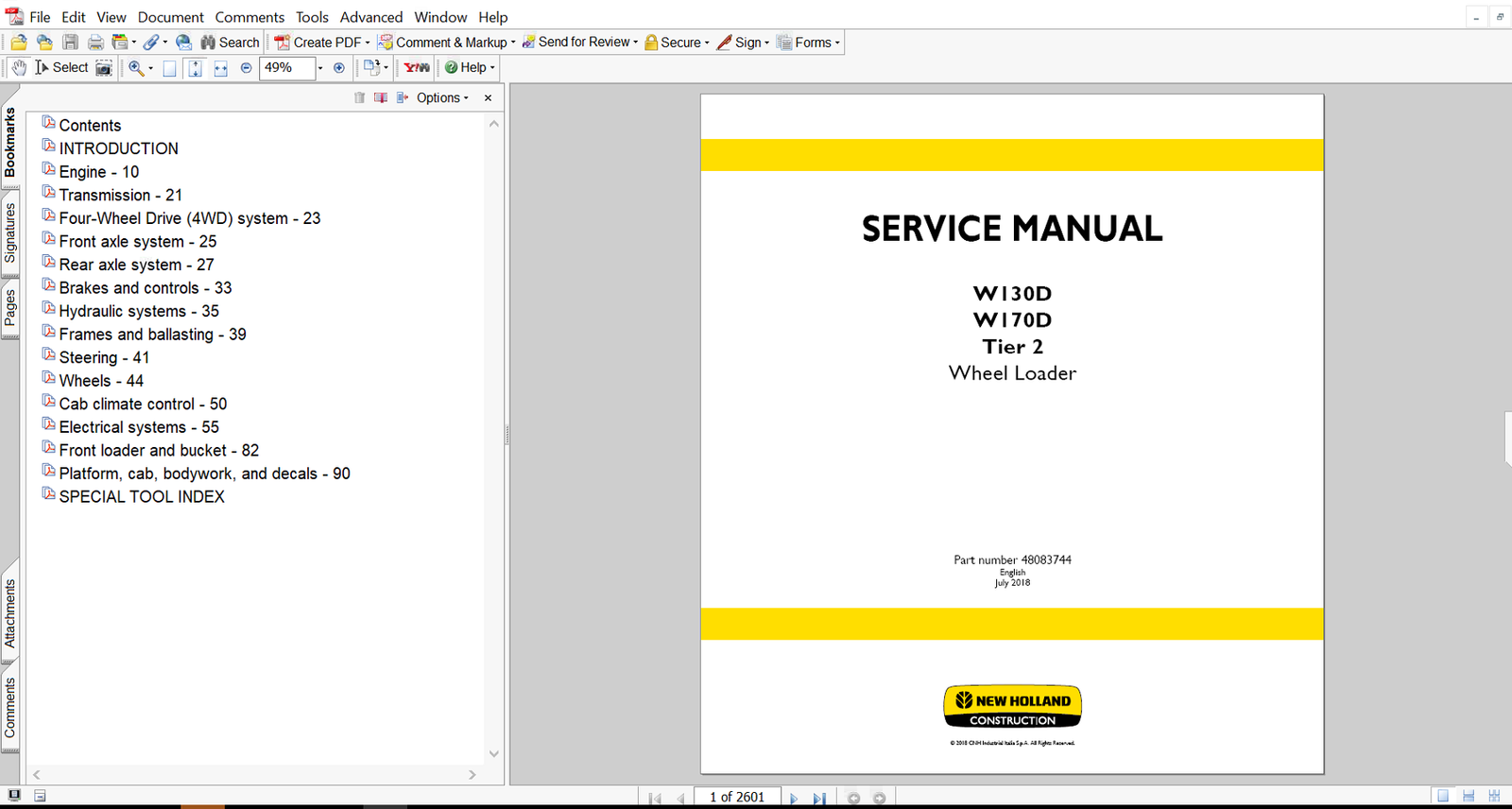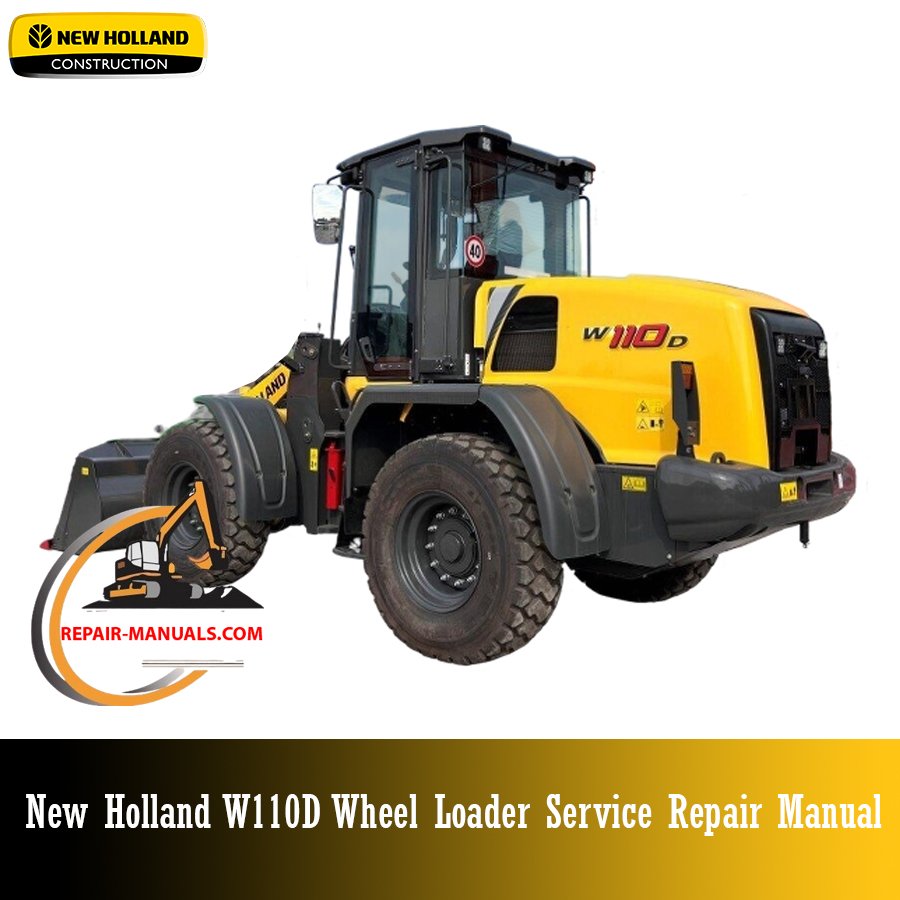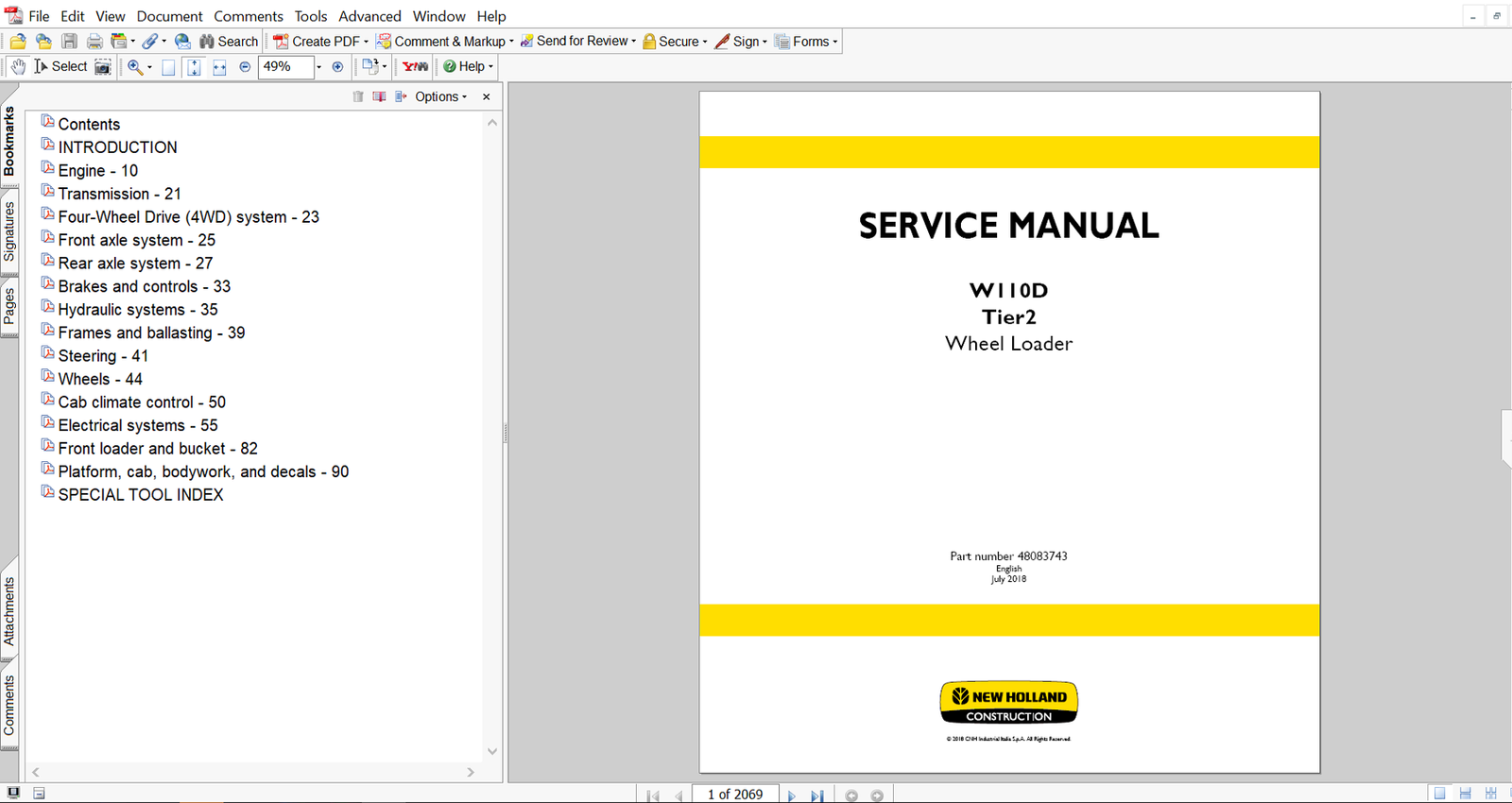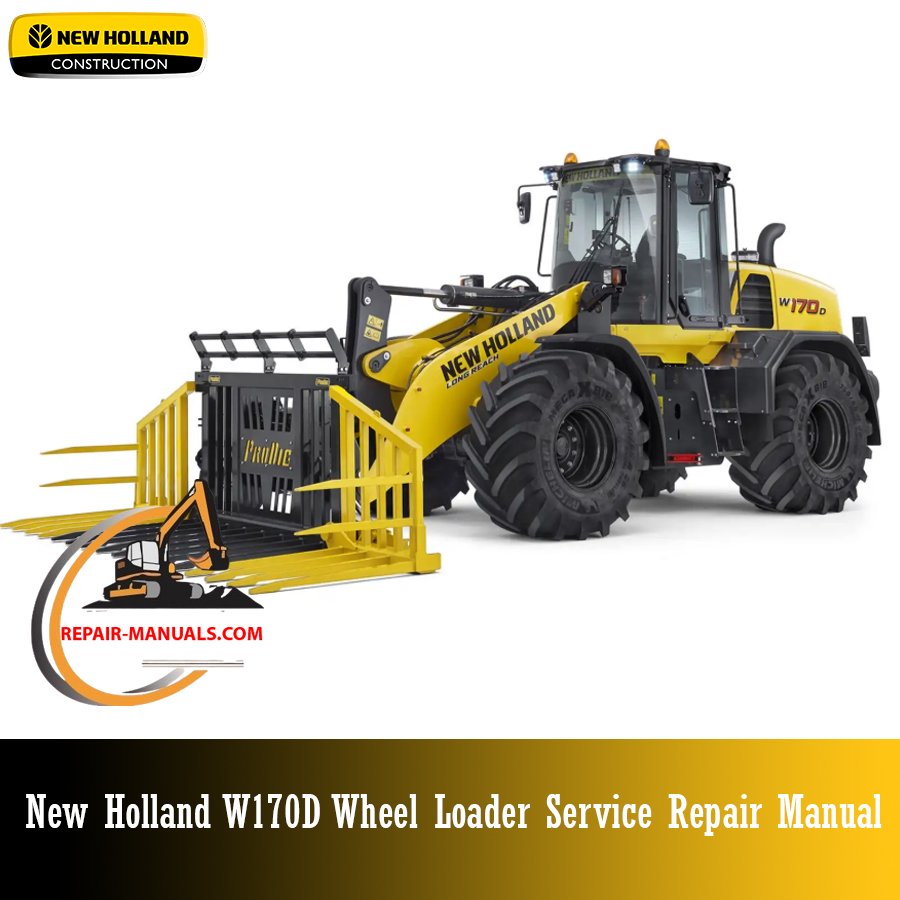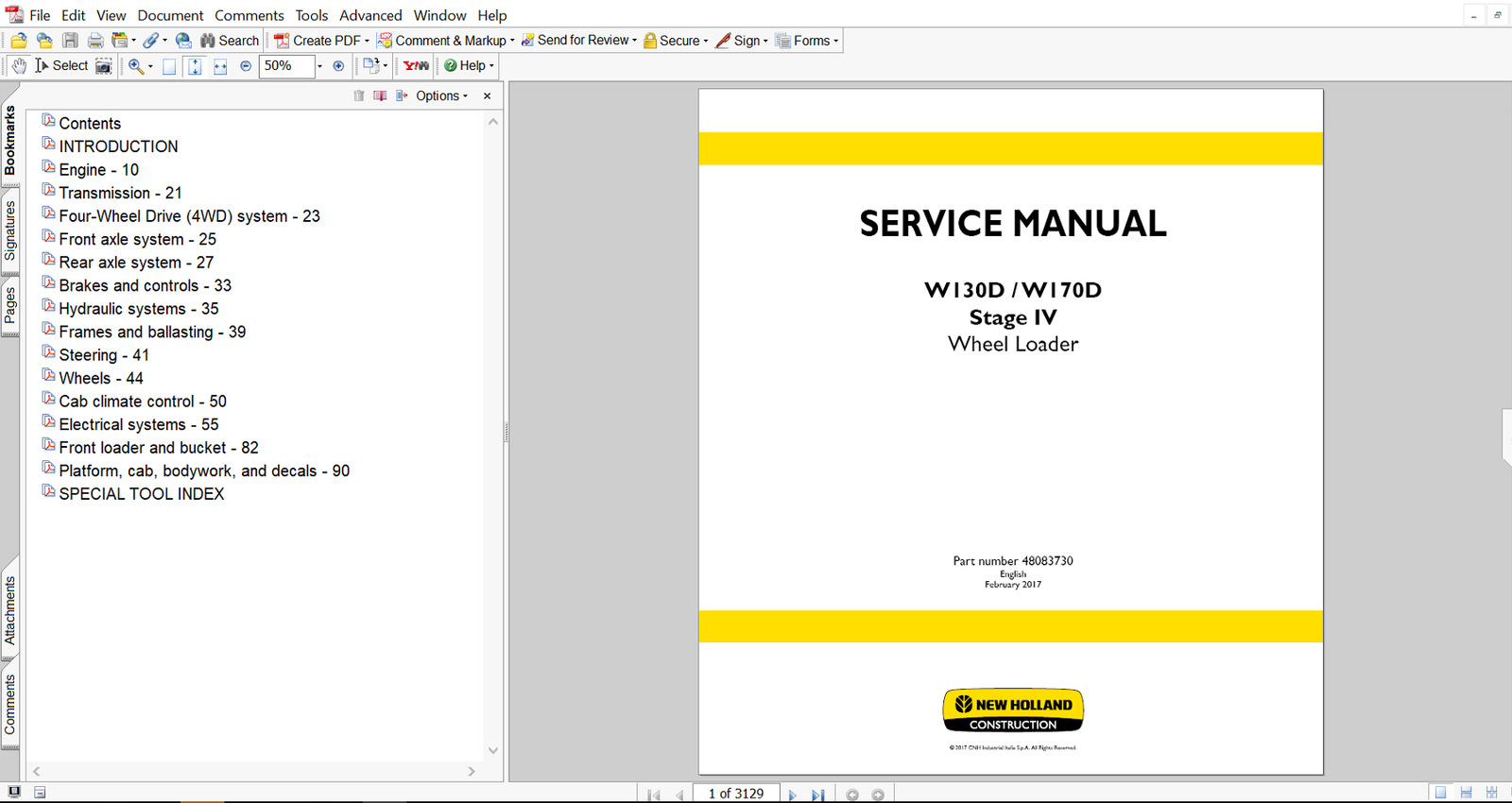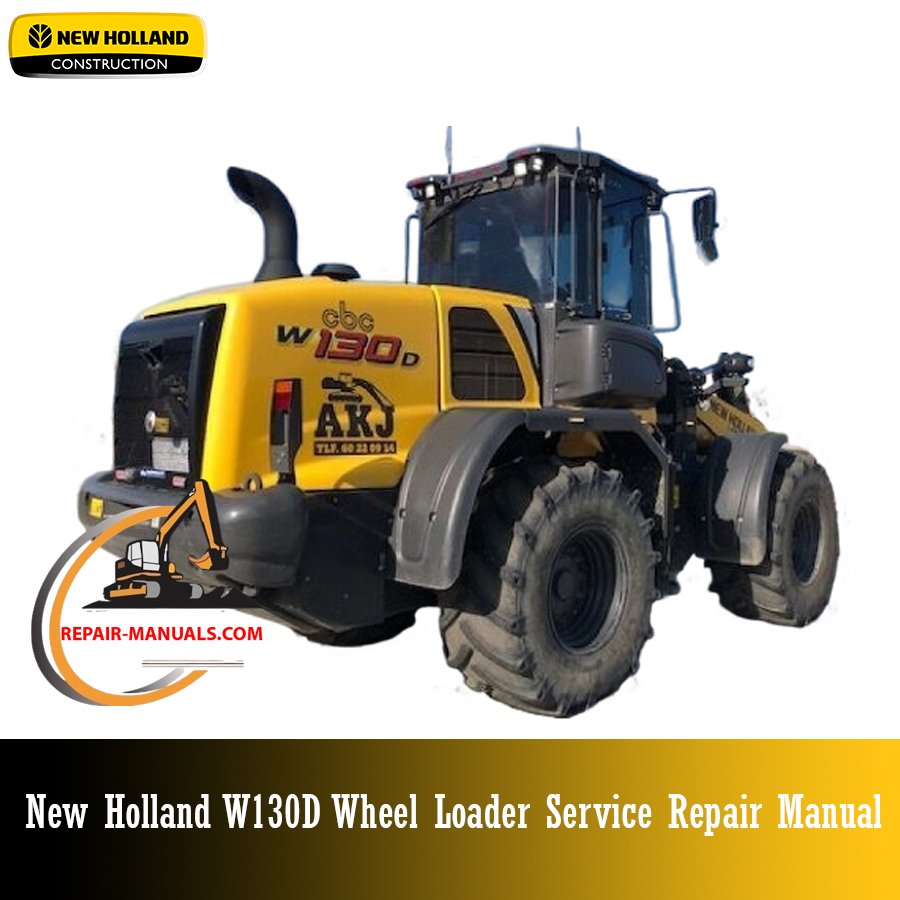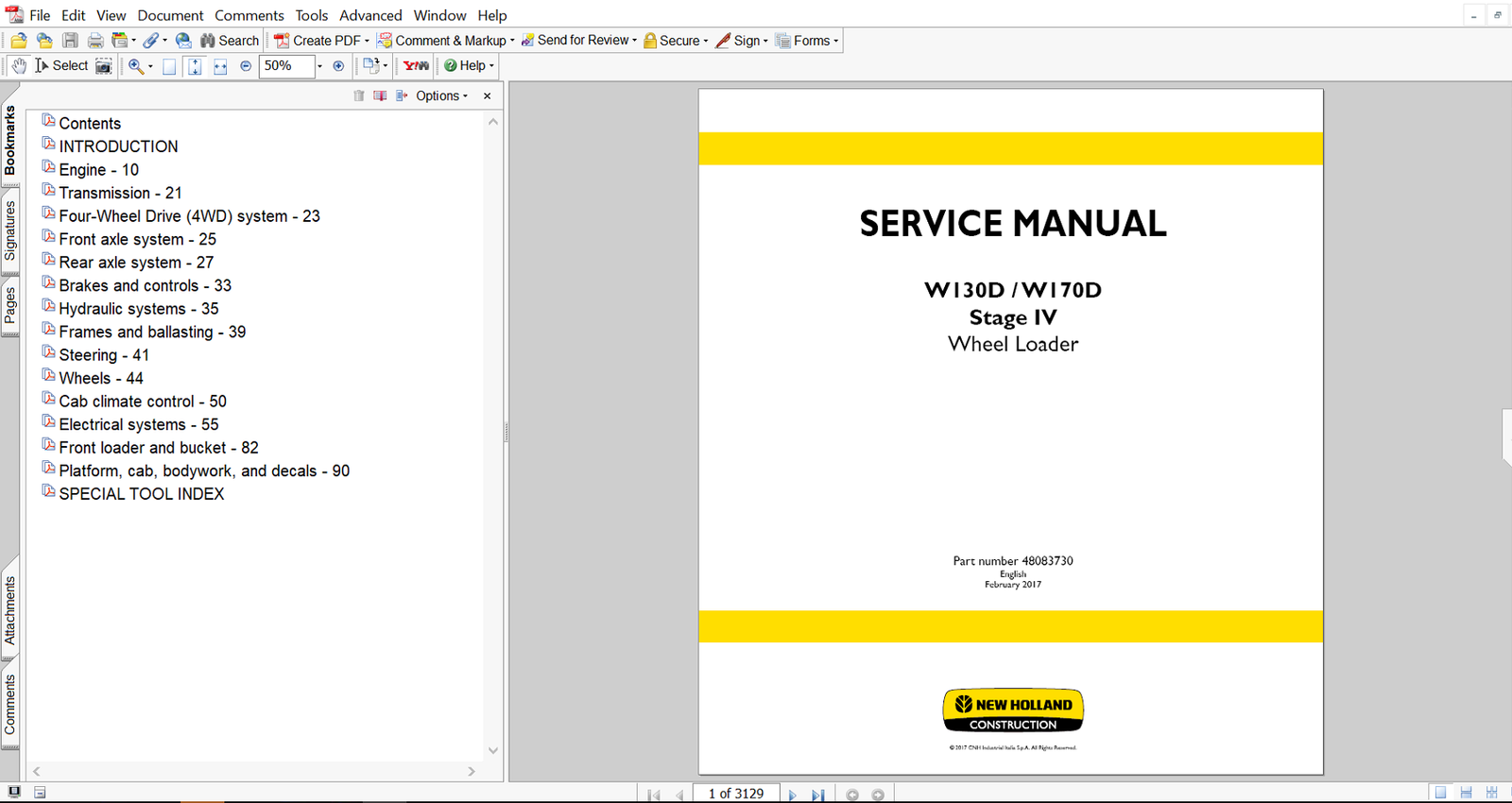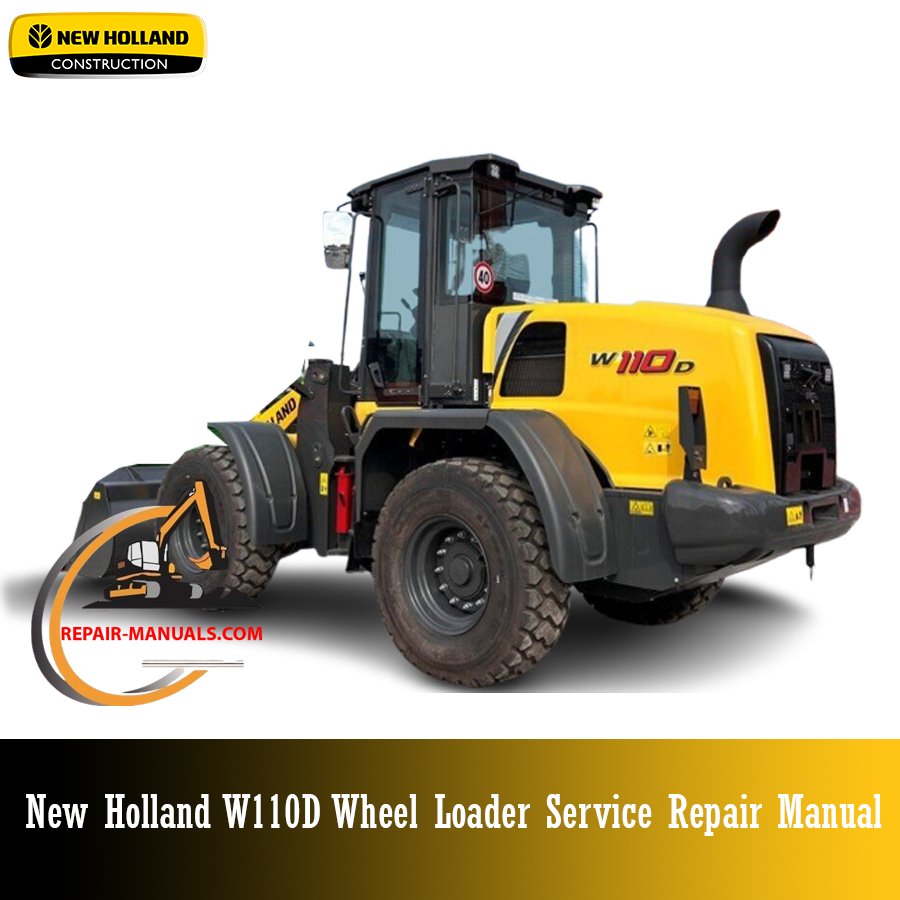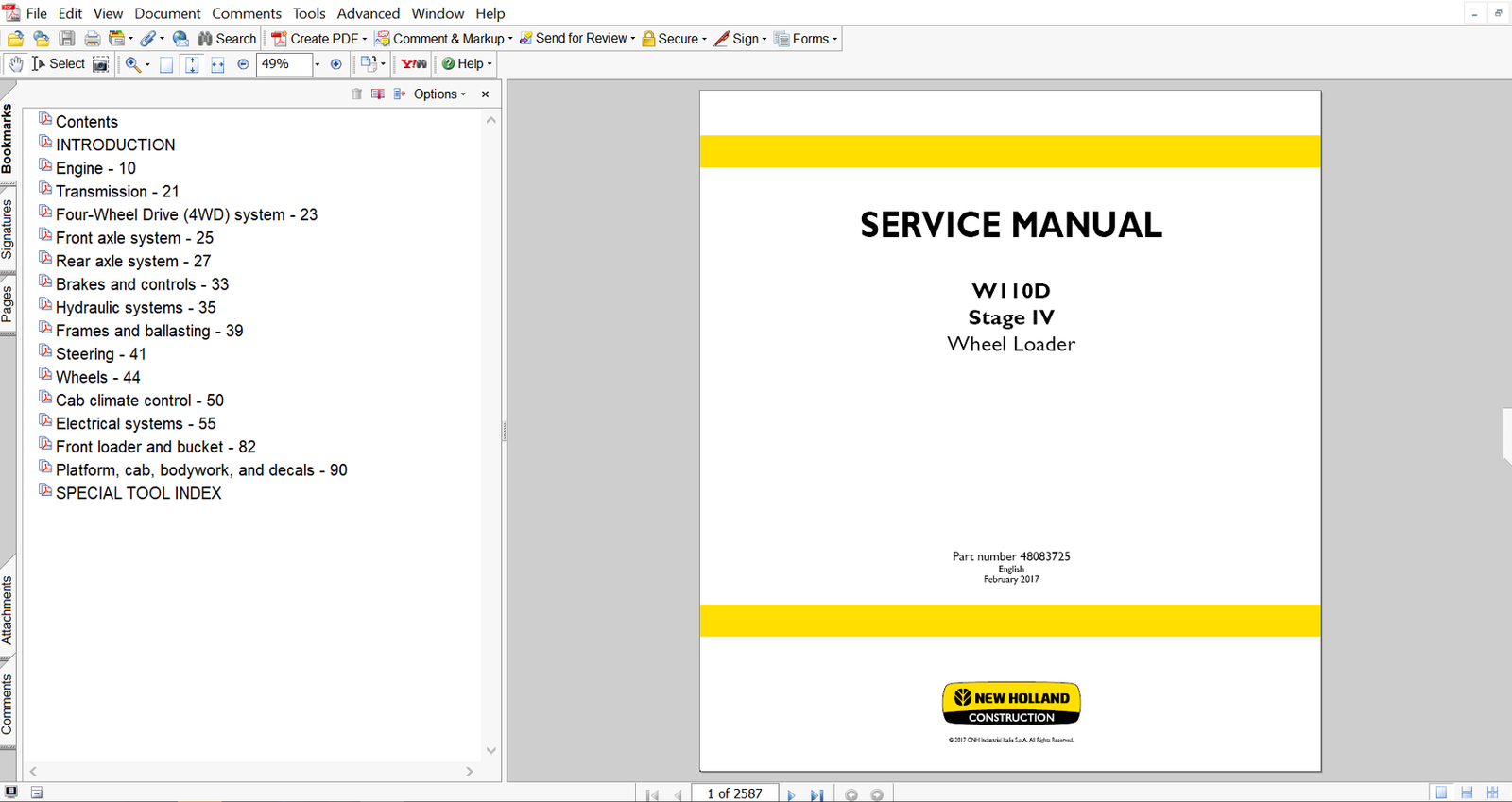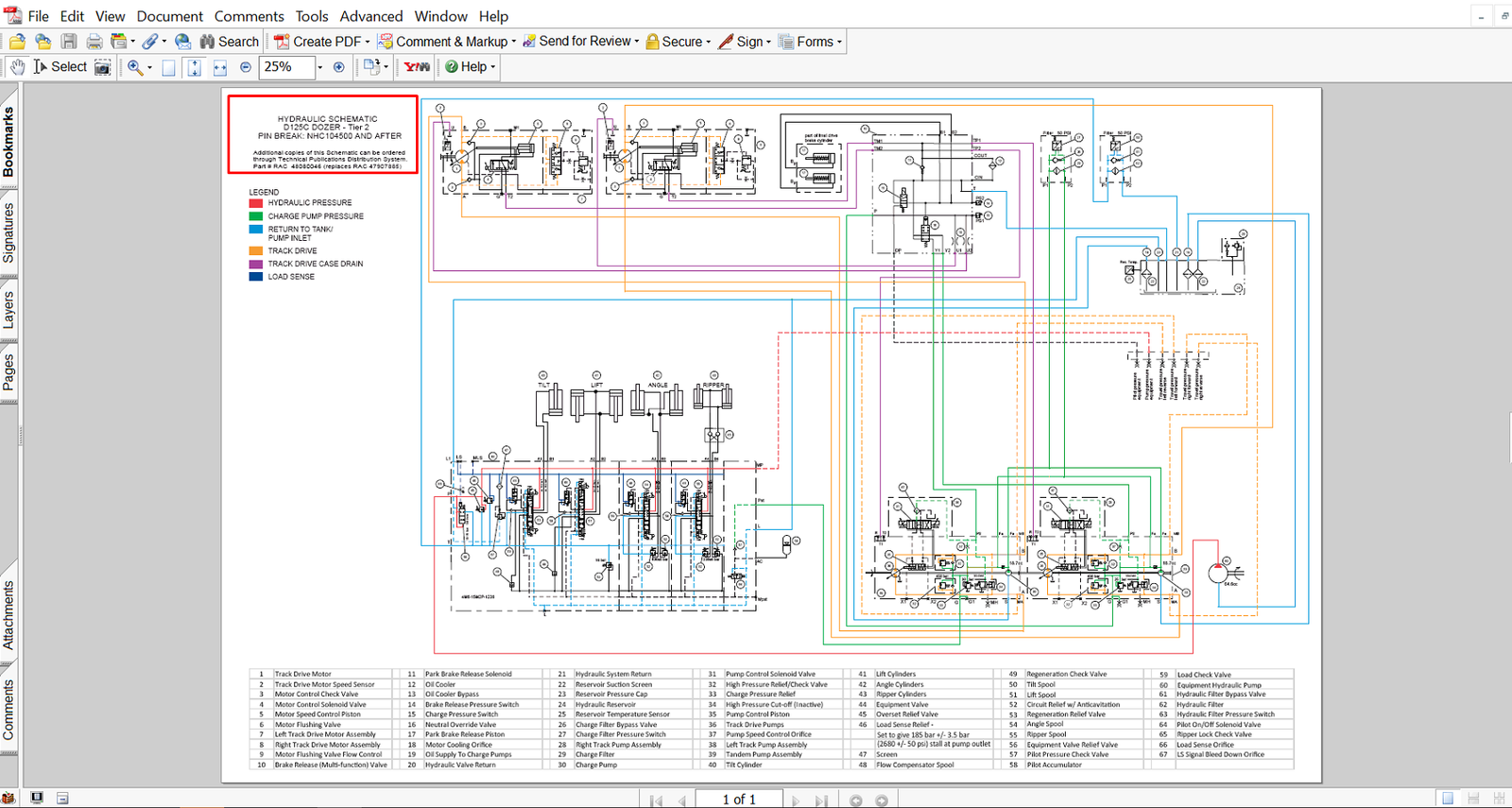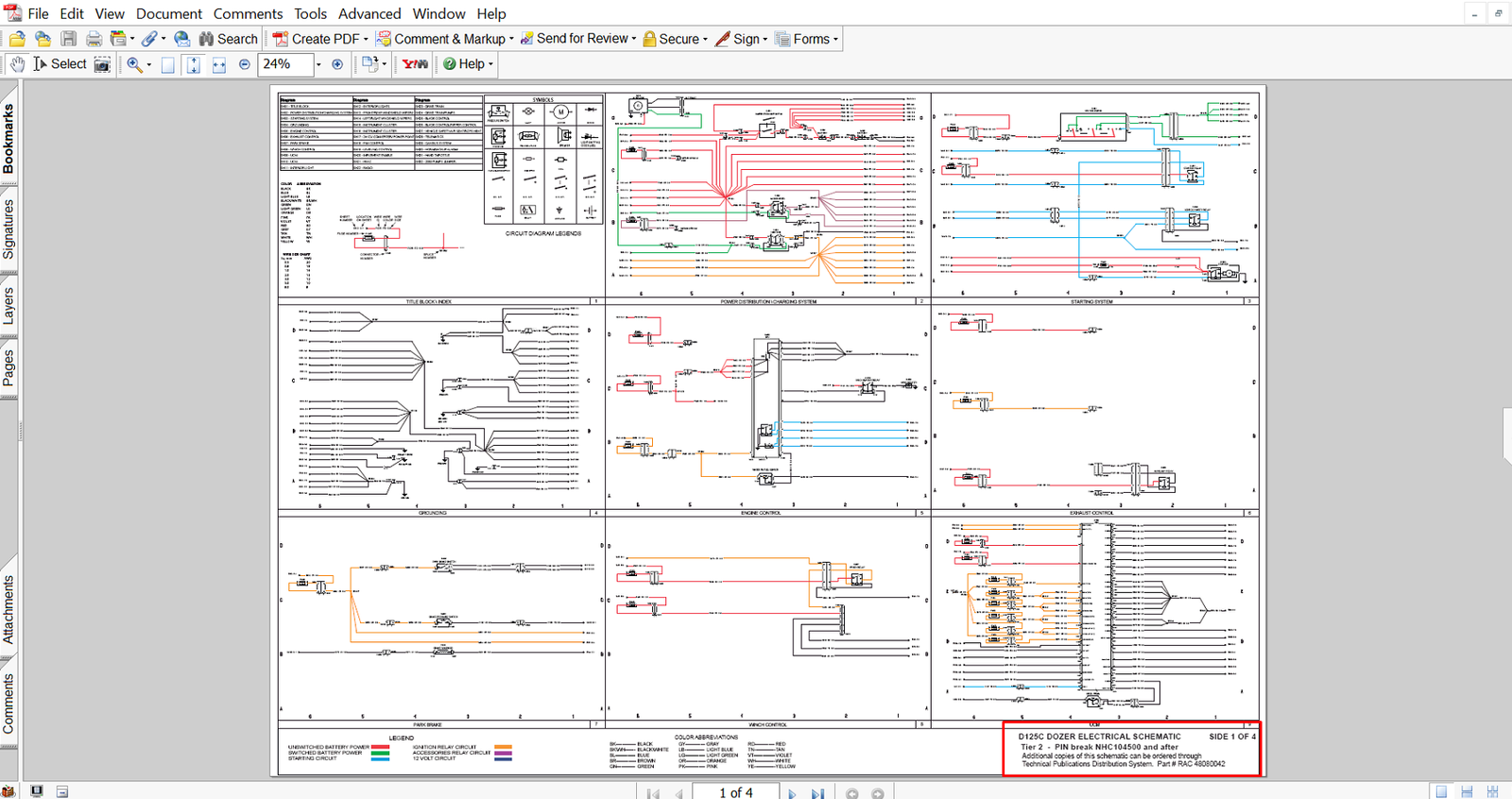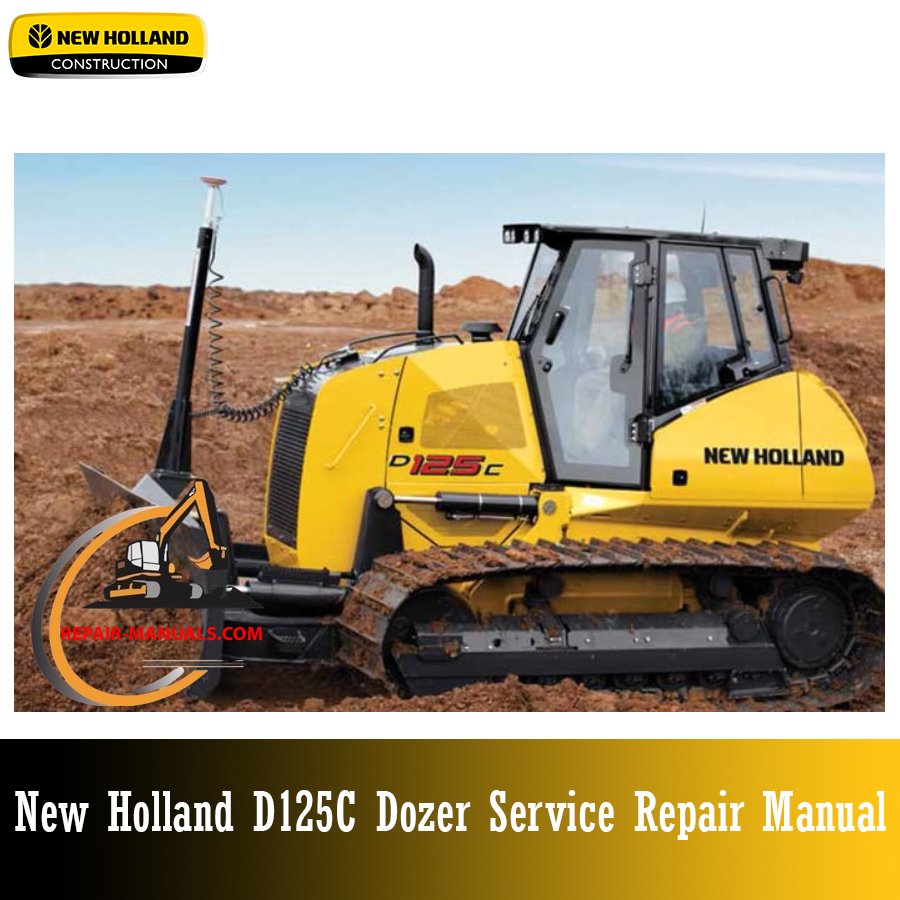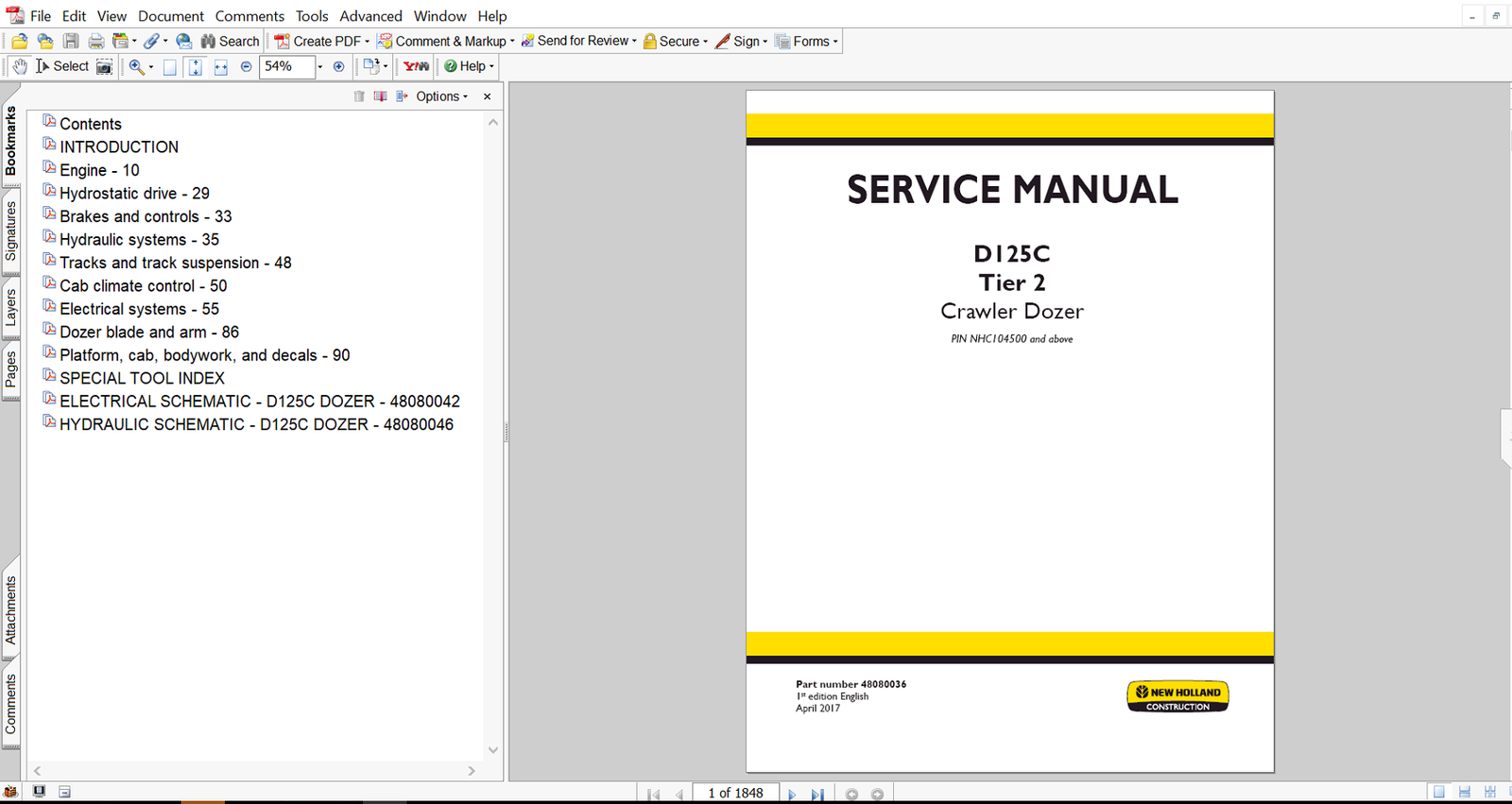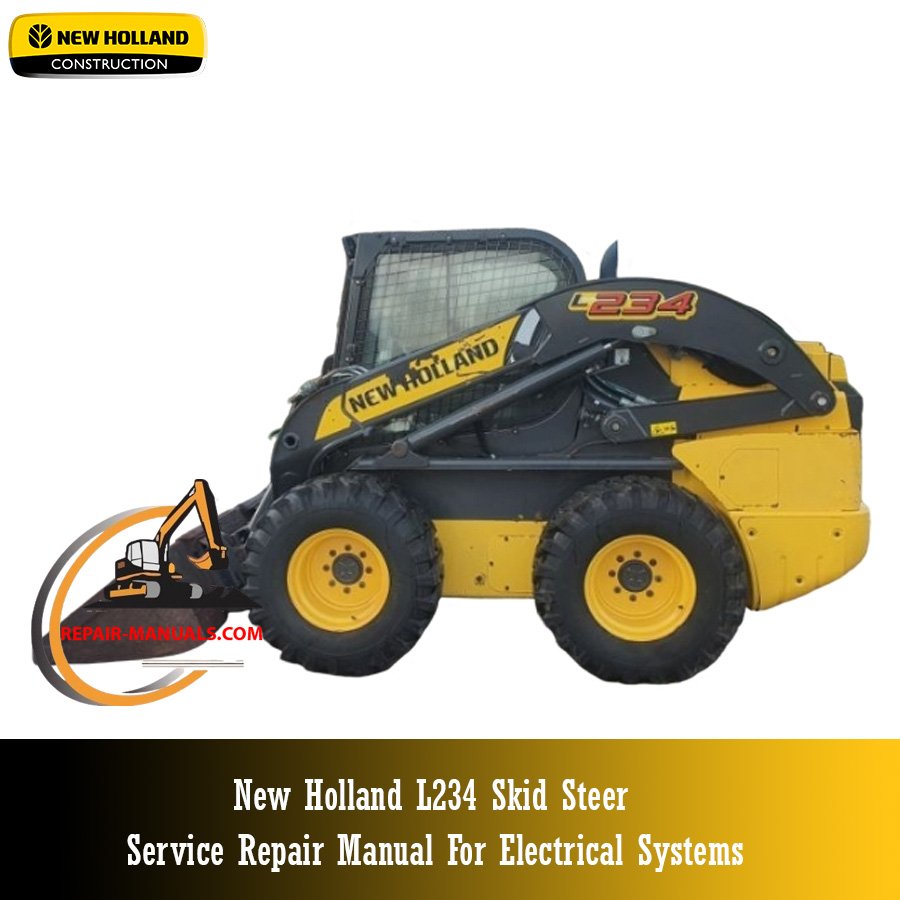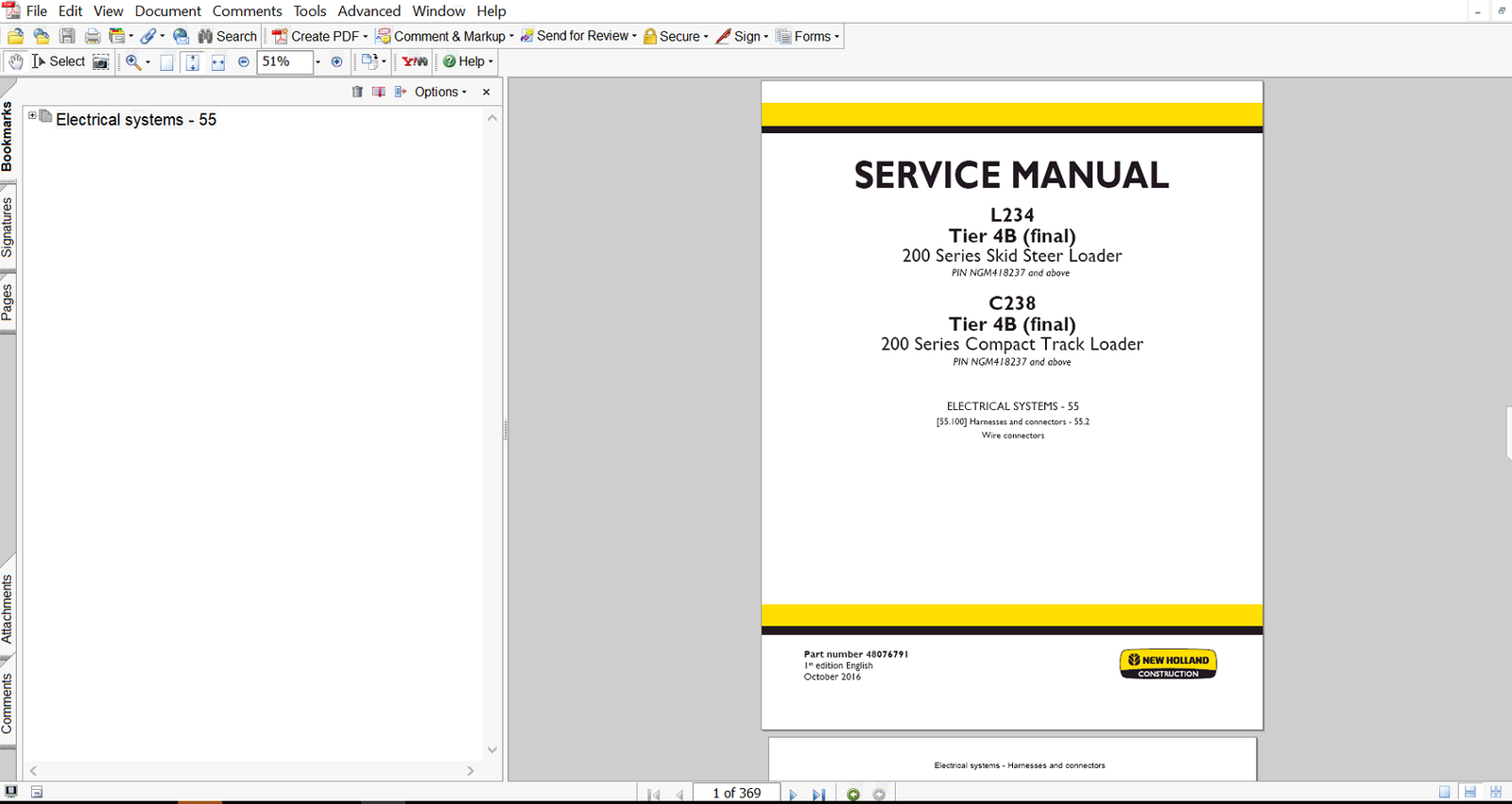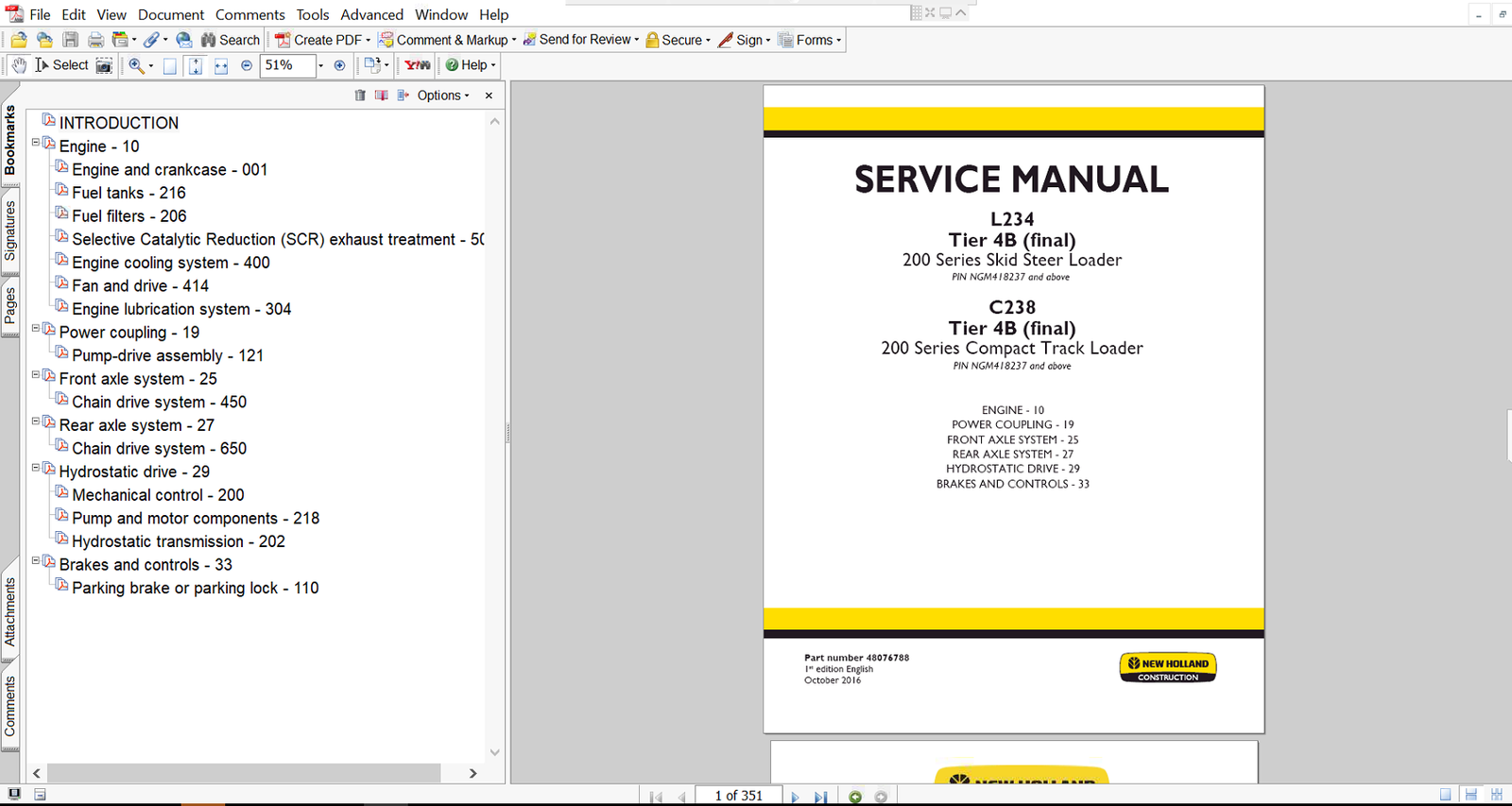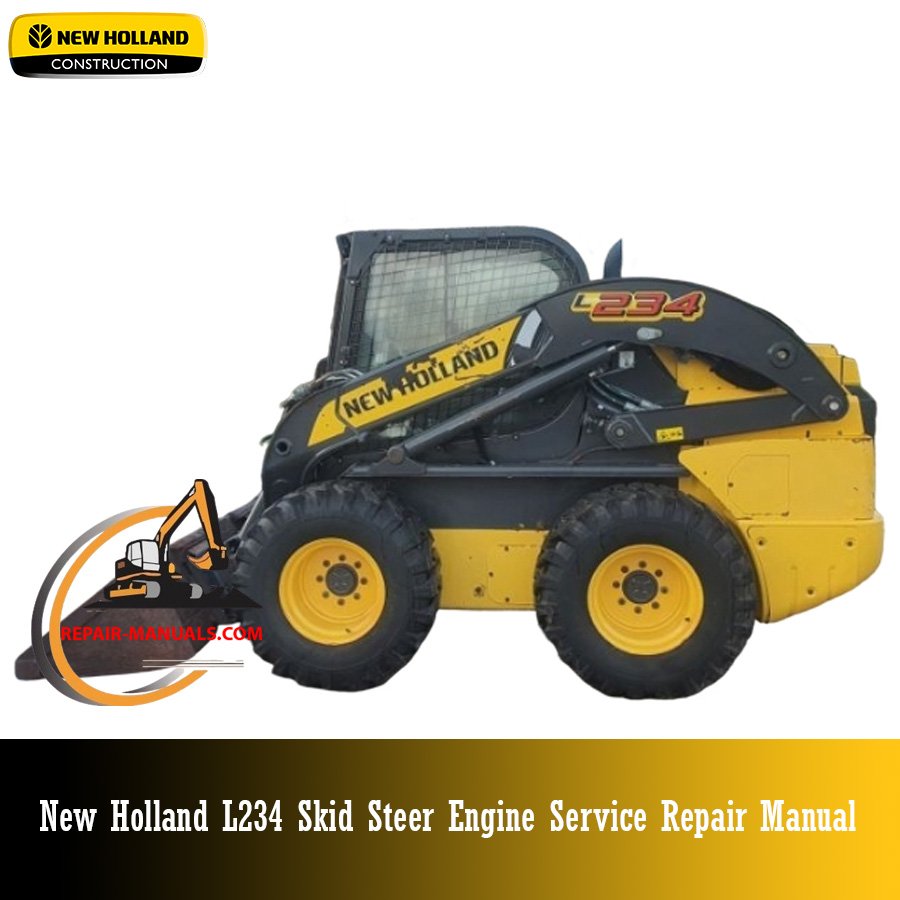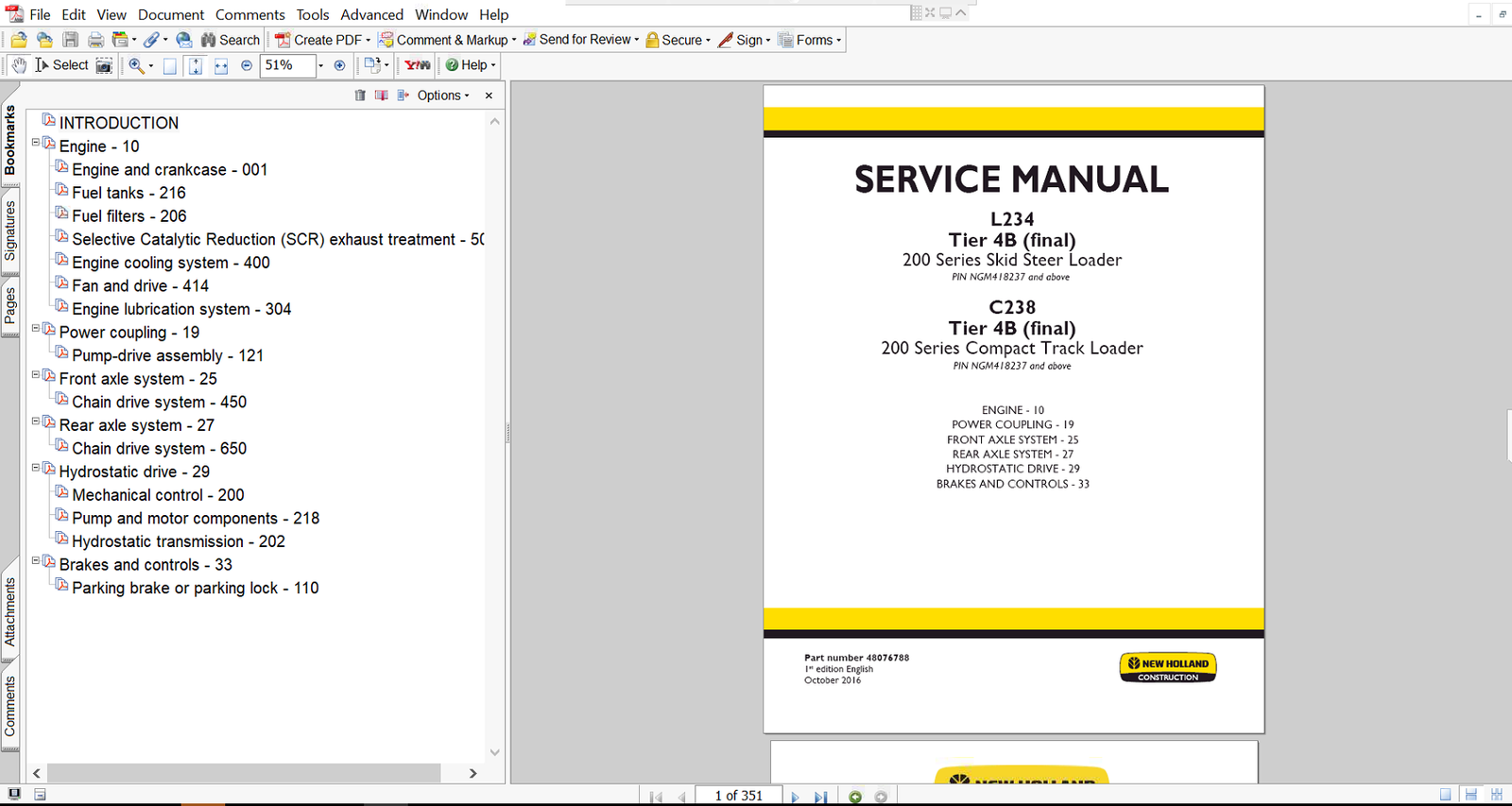FOREWORD
Thank you very much for your purchasing of a Hino vehide.
This Owner's Manual contains many practical tips on operation, procedures for daily and periodic maintenance, and important information to help you enjoy safe and trouble-free operation of your vehide. Please read this manual carefully and thoroughly.
New Vehicle Warranty
Your new vehicle is covered by the following Hino warranties.
New vehicle warranty
Emission conbol systems warranty
Noise emissions warranty
WARNING
In this manual, you will also see a circle with a slash through it. This means "Do not do this", or “Do not let this happen”.
WARNING
Items that can result in death or severe personal injury if handled improperly.
CAUTION
Items that can result in personal injury and/or property damage, such as vehicle damage, if handled
improperly.
NOTICE
This is a warning against anything which may cause damage to the vehicle or its equipment if the warn-
ing is ignored.
O 2005 Hino Motors, Ltd.
All rights reserved. This material may not be reproduced or copied, in whole or in part, without the written permission of Hino Motors, Ltd.
H1A016E01
FOREWORD
Thank you very much for your purchasing of a Hino vehide.
This Owner's Manual contains many practical tips on operation, procedures for daily and periodic maintenance, and important information to help you enjoy safe and trouble-free operation of your vehide. Please read this manual carefully and thoroughly.
New Vehicle Warranty
Your new vehicle is covered by the following Hino warranties.
New vehicle warranty
Emission conbol systems warranty
Noise emissions warranty
WARNING
In this manual, you will also see a circle with a slash through it. This means "Do not do this", or “Do not let this happen”. | ||
WARNING | Items that can result in death or severe personal injury if handled improperly. | |
CAUTION | Items that can result in personal injury and/or property damage, such as vehicle damage, if handled improperly. | |
NOTICE | This is a warning against anything which may cause damage to the vehicle or its equipment if the warn- ing is ignored. |
O 2005 Hino Motors, Ltd.
All rights reserved. This material may not be reproduced or copied, in whole or in part, without the written permission of Hino Motors, Ltd.
H1A016E01
This Owner's Manual covers the Hino 6 and 4 cylinders diesel engines.
In cases where individual items vary, this fact is specifically noted in the text and illustrations, as shown below. Unless a portion of text is so noted, it applies to all vehicle engines.
Example:
Accessories: (If so equipped)
Before operating your vehicle, check the engine model, and accessories, and then select the relevant items in the explanations of vehicle spec- ifications accordingly. How to distinguish your engine model is described in 1-2 Vehicle Identification Number of SECTION 1, General Intro- duction.
This manual should be kept in your vehicle.
If the vehicle is sold, this manual should be given to the next owner, who will need the information contained.
All information and specifications in this manua! are based upon the latest product information available at the time of printing.
Hino Motors, Ltd. reserves the right to make changes at any time without prior notice. Read the entire manual before using vehicle.
Failure to follow instructions and safety precautions could result in death, serious injury and/or damage.
This Owner's Manual covers the Hino 6 and 4 cylinders diesel engines.
In cases where individual items vary, this fact is specifically noted in the text and illustrations, as shown below. Unless a portion of text is so noted, it applies to all vehicle engines.
Example:
Accessories: (If so equipped)
Before operating your vehicle, check the engine model, and accessories, and then select the relevant items in the explanations of vehicle spec- ifications accordingly. How to distinguish your engine model is described in 1-2 Vehicle Identification Number of SECTION 1, General Intro- duction.
This manual should be kept in your vehicle.
If the vehicle is sold, this manual should be given to the next owner, who will need the information contained.
All information and specifications in this manua! are based upon the latest product information available at the time of printing.
Hino Motors, Ltd. reserves the right to make changes at any time without prior notice. Read the entire manual before using vehicle.
Failure to follow instructions and safety precautions could result in death, serious injury and/or damage.
SERVICE ASSISTANCE
Be sure to consult your Hino dealer on any points of dissatisfaction with your Hino vehide. The Hino dealer's service department has sufficient knowledge and the latest information on your Hino vehide.
Moreover, the department has the necessary tools, equipment and parts to satisfy the needs for proper maintenance and repair. If at any time you are dissatisfied with the dealer's service department, do the following to resolve your problem;
First, consult the management of the Hino dealer.
If you still are not satisfied, then contao the Hino Regional Sales Office at the following locations or the National Service Manager:
e U.S. OWNERS
Regional Service Office of Hino Motors Sales U.S.A., Inc.
West Regional Office: Phone (009) 372-8575 451-C North Cota Street, Corona, CA 92880
East Regional Office: Phone (248) 648-6400
2555 Telegraph Road, Bloomfield Hills, MI 48302-0954
lf for any reason you still need assistance, please contact: Attention: National service manager: Phone (248) 648-3430
CANADIAN OWNERS
Regional Service Offioe of Hino Motors Sales Canada, Ltd. Phone (005) 670-3352
395 Ambassador Drive, Mississauga, Ontario LST 2J3
SERVICE ASSISTANCE
Be sure to consult your Hino dealer on any points of dissatisfaction with your Hino vehide. The Hino dealer's service department has sufficient knowledge and the latest information on your Hino vehide.
Moreover, the department has the necessary tools, equipment and parts to satisfy the needs for proper maintenance and repair. If at any time you are dissatisfied with the dealer's service department, do the following to resolve your problem;
First, consult the management of the Hino dealer.
If you still are not satisfied, then contao the Hino Regional Sales Office at the following locations or the National Service Manager:
e U.S. OWNERS
Regional Service Office of Hino Motors Sales U.S.A., Inc.
West Regional Office: Phone (009) 372-8575 451-C North Cota Street, Corona, CA 92880
East Regional Office: Phone (248) 648-6400
2555 Telegraph Road, Bloomfield Hills, MI 48302-0954
lf for any reason you still need assistance, please contact: Attention: National service manager: Phone (248) 648-3430
CANADIAN OWNERS
Regional Service Offioe of Hino Motors Sales Canada, Ltd. Phone (005) 670-3352
395 Ambassador Drive, Mississauga, Ontario LST 2J3
If you contact Hino, be sure to include the following information.
4 Name under which new vehicle was purchased, address and telephone number of purchaser.
Vehicle model year and vehicle identification number (VIN).
Vehicle delivery date and present mileage.
Location where purchased.
Details of the problem.
It is important that the Vehicle Identification Number(VIN) be recorded. The number is required to obtain information pertinent to this vehicle.
Vehicle Identification Number (VIN) See page 1-2
If you contact Hino, be sure to include the following information.
4 Name under which new vehicle was purchased, address and telephone number of purchaser.
Vehicle model year and vehicle identification number (VIN).
Vehicle delivery date and present mileage.
Location where purchased.
Details of the problem.
It is important that the Vehicle Identification Number(VIN) be recorded. The number is required to obtain information pertinent to this vehicle.
Vehicle Identification Number (VIN) See page 1-2
WARNING AND CAUTION LABELS
The warning and caution labels give important information. Be sure to read them before operating the vehicle. If any label is difficult to read due to be peeled off, scratched or damaged, please infom an authorized dealer.
The labels are located in the cab and around the vehicle components as shown in the following pages. Regarding to the labels applied to the equipment mounted on the vehicle, please refer to the Owner's manual supplied by the equipment manufacturer.
CALIFORNIA Proposition 65 Warning
Diesel engine exhaust and some of its constituents are known to the State of California to cause cancer, birth defects, and other reproductive harm.
V
WARNING AND CAUTION LABELS
The warning and caution labels give important information. Be sure to read them before operating the vehicle. If any label is difficult to read due to be peeled off, scratched or damaged, please infom an authorized dealer.
The labels are located in the cab and around the vehicle components as shown in the following pages. Regarding to the labels applied to the equipment mounted on the vehicle, please refer to the Owner's manual supplied by the equipment manufacturer.
CALIFORNIA Proposition 65 Warning
Diesel engine exhaust and some of its constituents are known to the State of California to cause cancer, birth defects, and other reproductive harm.
V
CAUTION LABELS
CAUTION LABELS
CAUTION LABELS
17
18
12
19
10 11 13 4
CAUTION LABELS
17
18
12
19
10 11 13 4
CAUTION LABELS
20
21
22
19
19
VÉİ
CAUTION LABELS
20
21
22
19
19
VÉİ
CAUTION LABELS
Supfilief Feeleners 0nIy
. lesen++e ac«aw.
••••e•- •u : '
2ROO0W00O0l
"•° ***'
T i ghten i ng torque (Ai r Suspens i on onI y)
Chass i s frame
Do not flangaa
Do not heat (such as welding) any portion of the side raila or cross member.
Ne pas pemer ou couper toute partie dea ailes superieur ou lnferleure des longerons ou des traverses.
Ne paa chaufler (tel quen aoudant) toute partle des
longerons ou des traverses. yy yyy yy
Suspens i on Spr i ng U bo I t
8«,gen$Ton mp*lnq ’U'Dolt. Re to‹0uo oil lems pfTng ’U'bolti | |
CAUTION LABELS
Supfilief Feeleners 0nIy
. lesen++e ac«aw.
••••e•- •u : '
2ROO0W00O0l
"•° ***'
T i ghten i ng torque (Ai r Suspens i on onI y)
Fue I
ESEL UEL 0 LY
Fue I tank
8tfrire: fie act f i II la arre ther 9514f Iijai4 ttpcity
°"•'• Z27
0* 197
DIESEL FUEL ONLY
3. Chass i s frame
Do not flangaa
Do not heat (such as welding) any portion of the side raila or cross member.
Ne pas pemer ou couper toute partie dea ailes superieur ou lnferleure des longerons ou des traverses.
Ne paa chaufler (tel quen aoudant) toute partle des
longerons ou des traverses. yy yyy yy
Suspens i on Spr i ng U bo I t
Fue I
ESEL UEL 0 LY
8tfrire: fie act f i II la arre ther 9514f Iijai4 ttpcity
°"•'• Z27
0* 197
DIESEL FUEL ONLY
Fue I tank
8«,gen$Ton mp*lnq ’U'Dolt. Re to‹0uo oil lems pfTng ’U'bolti | |
CAUTION LABELS
SE?R0kG tS . ]SOAZ|D(R0SO
PEMIff ¢ USER LV C£SITE 00 OES BIISS0II£S.
N0 mC,RAuS0RS@0N#t
PMii;l is,De mxc,w(zRx;.
SUUWNCAOD +>USE0NDNSSORS
t'M|DESUtfUR|QUERlE D]QDJiOODESDRO|1|Rl]OVY|].
EBUR&t
8. Autanat i c tr ansm i ss i on {The contents d i ffer depend ing on veh i c Ie eode I)
SE?R0kG tS . ]SOAZ|D(R0SO
PEMIff ¢ USER LV C£SITE 00 OES BIISS0II£S.
N0 mC,RAuS0RS@0N#t
PMii;l is,De mxc,w(zRx;.
SUUWNCAOD +>USE0NDNSSORS
t'M|DESUtfUR|QUERlE D]QDJiOODESDRO|1|Rl]OVY|].
EBUR&t
OPERATING INFORMATION
OPERATING INFORMATION
8. Autanat i c tr ansm i ss i on {The contents d i ffer depend ing on veh i c Ie eode I)
CAUTION LABELS
CAUTION LABELS
L’£4IJ8I5TlLtA
0 K
8 0 H
I/IIIMT0R SIM
10. Better y
11, Fus i b Ie I i nks
12. Sub fuel tank 13. A i r d ryer (NABCO on Iy)
PC . NO. 44830-30d0
CAUTION
the inside of d
fl). As t0 the
Menuel.
1) Every one year or 60,000bti
in run.
this 2) Water or oil a pra¥ent in
ck beioie running.
14. Power steer i ng fl u i d reserve tank
NOTIC E | |
USE THE DESIQNATED FUSIBULE LINKS, FUSES AND RELAYS ONLY. |
CAUTION LABELS
10. Better y
12. Sub fuel tank
13. A i r d ryer (NABCO on Iy)
L’£4IJ8I5TlLtA
0 K
8 0 H
I/IIIMT0R SIM
N0TiCET0 DEALERS
PC . NO. 44830-30d0
CAUTION
th
fl). As t0 the
of d
1) Every one year or 60,000bti
this 2) Wate‹ or oil a pra¥efit in
ck beioie running.
in run.
Menuel.
11, Fus i b Ie I i nks
14. Power steer i ng fl u i d reserve tank
NOTIC E | |
USE THE DESIQNATED FUSIBULE LINKS, FUSES AND RELAYS ONLY. |
CAUTION LABELS
15. Enq i ne coo I ant reserve tank
Brake f I ui d reserve tank (Hydrau I i c brake on I y}
21. A i r c I eaner
Donaldæñ
Radial Saal
22. fi i ndsh i e I d ai per I i nk
——.es mao EPG110346 17720-64ŒIA
> cas w»
P185067 17801-3440A
16 Fue I i n jector
H I G H V O L T A G E
PLACE THE STARTER SWITCH ON “LOCK” POSITION WHEN CARRYING OUT THE JOB WITH THE CYLINDER HEAD COVER REMOVED. WHEN IT IS UNAVOIDABLE TO CARRY OUT YOUR JOB WITH THE STARTER SWITCH AT "ON" POSITION AND WITH THE CY LINDER HEAD COVER REMOVED. DO NOT TOUCH THE HARNESS UNDER THE CYLINDER HEAD COVER. IF YOU DO NOT FOLLOW THE WARNING AND THE INSTRUCTION, YOU MAY GET AN ELECTRIC SHOCK.
18. CI utch master cy I i nder
00 NOT GRIP 23. Rad i ator cap
Don' t stop
A ir condit i oner refr i gerant
Fœa¥Æ Px8 DENSO CO9POkATlON Ju•0
XiÏ
CAUTION LABELS
15. Enq i ne coo I ant reserve tank
Brake f I ui d reserve tank (Hydrau I i c brake on I y}
A i r c I eaner
Donaldæñ
Radial Saal
fi i ndsh i e I d ai per I i nk
——.es mao EPG110346 17720-64ŒIA
> cas w»
P185067 17801-3440A
16 Fue I i n jector
H I G H V O L T A G E
PLACE THE STARTER SWITCH ON “LOCK” POSITION WHEN CARRYING OUT THE JOB WITH THE CYLINDER HEAD COVER REMOVED. WHEN IT IS UNAVOIDABLE TO CARRY OUT YOUR JOB WITH THE STARTER SWITCH AT "ON" POSITION AND WITH THE CY LINDER HEAD COVER REMOVED. DO NOT TOUCH THE HARNESS UNDER THE CYLINDER HEAD COVER. IF YOU DO NOT FOLLOW THE WARNING AND THE INSTRUCTION, YOU MAY GET AN ELECTRIC SHOCK.
18. CI utch master cy I i nder
00 NOT GRIP 23. Rad i ator cap
Don' t stop
A ir condit i oner refr i gerant
Fœa¥Æ Px8 DENSO CO9POkATlON Ju•0
XiÏ
TABLE OF CONTENTS
GENERAL INTRODUCTION
BEFORE DRIVING YOUR VEHICLE
DRIVING YOUR VEHICLE
OPERATION OF INSTRUMENTS AND CONTROLS
IN AN EMERGENCY
CORROSION PROTECTION AND APPEARANCE CARE
MAINTENANCE
REPORTING SAFETY DEFECTS
INDEX
Read entire manual before using vehicle. Failure to follow instruc- tions and safety precautions could result in death, serious injury and/or damage.
TABLE OF CONTENTS
GENERAL INTRODUCTION
BEFORE DRIVING YOUR VEHICLE
DRIVING YOUR VEHICLE
OPERATION OF INSTRUMENTS AND CONTROLS
IN AN EMERGENCY
CORROSION PROTECTION AND APPEARANCE CARE
MAINTENANCE
REPORTING SAFETY DEFECTS
INDEX
Read entire manual before using vehicle. Failure to follow instruc- tions and safety precautions could result in death, serious injury and/or damage.
SEC TION
GENE RA L I NTRO DU CTI ON
VEHICLE IDENTIFICATION NUMBER 1-2
OVERLOADING. 1-5
SERVICE ASSISTANCE 1-5
MAINTENANCE 1-5
DIESEL FUEL. 1-6
PAINTING 1-6
Read entire manual before using vehicle. Failure to follow instruc- tions and safety precautions could result in death, serious injury and/or damage.
1-1
SEC TION
GENE RA L I NTRO DU CTI ON
VEHICLE IDENTIFICATION NUMBER 1-2
OVERLOADING. 1-5
SERVICE ASSISTANCE 1-5
MAINTENANCE 1-5
DIESEL FUEL. 1-6
PAINTING 1-6
Read entire manual before using vehicle. Failure to follow instruc- tions and safety precautions could result in death, serious injury and/or damage.
VEHICLE IDENTIFICATION NUMBER
VIN PLATE
DP020103LB
The Vehicle Identification Number (VIN) is shown on the VIN plate.
The VIN plate is riveted on the right pillar of the cab.
When you order replacement parts from an authorized Hino dealer, please refer to the information found on your VIN plate to facil- itate proper service.
1-2
VEHICLE IDENTIFICATION NUMBER
VIN PLATE
DP020103LB
The Vehicle Identification Number (VIN) is shown on the VIN plate.
The VIN plate is riveted on the right pillar of the cab.
When you order replacement parts from an authorized Hino dealer, please refer to the information found on your VIN plate to facil- itate proper service.
Vehicle Identification Number (VIN) Structure
C 6 J
Sequential Number
WMI
VDS
C I D
VIS
Model code | Check git | Assembly Plant code |
Manufacturer, Make and Model code
Wheel base | Model year | Modification code |
Class | Model | Production Code | Engine | Brake Systems | rOSs Vehicle Weight Rating | I | Length | I | )Code) | Year | |
Lbs. | Kg | HINO 145, 165 HINO 238, 258 185 268,308, 338 mm 147 169 4,293 g 187 4,750 201 5,105 205 5,207 217 5,512 235 5,969 | 2006 | ||||||||
4 | HINO 145 | NA6J | aoso diesel engine | 14,001-14,500 | 6,350-6,577 | 2007 | |||||
HINO 165 | NB6J | 14,501-16,000 | 6,578-7,257 | 2008 | |||||||
| Nc6J | H,d.aulic | 16,001-19,500 | 7,258-8,845 | 2009 | ||||||
HINO 238 | ND8J | 19,501-23,000 | 8,846-10,433 | 2010 | |||||||
s | HgNO 258 HINO 268 | ND8J | J08E diesel | 19,501-26,000 | 8,846-11,793 | 2011 2012 2013 | |||||
NE8J | 23,001-26,000 | 10,434-11,793 | |||||||||
NJ8J | Full Air | ||||||||||
7 | HINO 308 HINO 338 | NF8J | eng'ne | Hydraulic | 26,001-30,000 | 11,794-13,608 | 2014 | ||||
NV8J | Full Air | 30,001-33,000 | 13,609-14,968 | ||||||||
253 6,426 xHINO 268,308 & 338
271E 6,883a
n
Vehicle identification number refer to the Workshop Manual for details.
1-3
Vehicle Identification Number (VIN) Structure
C 6 J
Sequential Number
WMI
VDS
C I D
VIS
Model code | Check git | Assembly Plant code |
Manufacturer, Make and Model code
Wheel base | Model year | Modification code |
Class | Model | Production Code | Engine | Brake Systems | Gross Vehicle Weight Rating | I | Length | I | )Code) | Year | |
Lbs. | Kg | HINO 145, 165 HINO 238, 258 185 268,308, 338 mm 147 169 4,293 g 187 4,750 201 5,105 205 5,207 217 5,512 235 5,969 | 2006 | ||||||||
4 | HINO 145 | NA6J | aoso diesel engine | 14,001-14,500 | 6,350-6,577 | 2007 | |||||
HINO 165 | NB6J | 14,501-16,000 | 6,578-7,257 | 2008 | |||||||
| Nc6J | H,d.aulic | 16,001-19,500 | 7,258-8,845 | 2009 | ||||||
HINO 238 | ND8J | 19,501-23,000 | 8,846-10,433 | 2010 | |||||||
s | HgNO 258 HINO 268 | ND8J | J08E diesel | 19,501-26,000 | 8,846-11,793 | 2011 2012 2013 | |||||
NE8J | 23,001-26,000 | 10,434-11,793 | |||||||||
NJ8J | Full Air | ||||||||||
7 | HINO 308 HINO 338 | NF8J | eng'ne | Hydraulic | 26,001-30,000 | 11,794-13,608 | 2014 | ||||
NV8J | Full Air | 30,001-33,000 | 13,609-14,968 | ||||||||
253 6,426 xHlNO 268,308 & 338
271E 6,883a
n
Vehicle identification number refer to the Workshop Manual for details.
Gross Vehicle Weight Rating (GVWR), Gross Axle capacity Weight Rating (GAWR) are given in below table.
Model | Tire size | GVWR (lbs.) | GAWR (lbs.) | GVWR (kg) | GAWR (kg) | ||
Front | Rear | Front | Rear | ||||
HINO 145 | 215/85R16 | 14,050 | 5,360 | 9,880 | 6,370 | 2,430 | 4,480 |
HINO 165 | 225/70R19.5 | 16,000 | 6,000 | 11,000 | 7,250 | 2,720 | 4,990 |
HINO 185 | 225/70R19.5 (Transmission model: Eaton'^' FS4205) | 18,000 | 6,000 | 13,000 | 8,170 | 2,720 | 5,900 |
225/70R19.5 (Transmission model: Aisin” A450) | 17,600 | 6,000 | 13,000 | 8,000 | 2,720 | 5,900 | |
HINO 238 | 10R22.5 | 23,000 | 8,000 | 17,500 | 10,430 | 3,630 | 7,940 |
255/80R22.5 | |||||||
HINO 258 | 245/70R19.5 | 25,500 | 11,570 | ||||
HINO 268 | 11R22.5 | 25,950 | 8,000 | 19,000 | 11,770 | 3,630 | 8,620 |
255/80R22.5 | 10,000 | 4,450 | |||||
HINO 308 | 11R22.5 | 30,000 | 10,000 | 21,000 | 13,600 | 4,540 | 9,530 |
295/75R22.5 | |||||||
HINO 338 | 11R22.5 | 33,000 | 12,000 | 21,000 | 14,950 | 4,540 | 9,530 |
295/75R22.5 | 10,000 | 5,440 | |||||
Overloading the vehicle by exceeding the GVWR can cause it to overturn resulting in serious injury or death. Read WARNING on next page.
WARNING
1-4
Gross Vehicle Weight Rating (GVWR), Gross Axle capacity Weight Rating (GAWR) are given in below table.
Model
Tire size
GVWR (lbs.)
GAWR (lbs.)
GVWR (kg)
GAWR (kg)
Front
Rear
Front
Rear
HINO 145
215/85R16
14,050
5,360
9,880
6,370
2,430
4,480
HINO 165
225/70R19.5
16,000
6,000
11,000
7,250
2,720
4,990
HINO 185
225/70R19.5 (Transmission model: Eaton'^' FS4205)
18,000
6,000
13,000
8,170
2,720
5,900
225/70R19.5 (Transmission model: Aisin” A450)
17,600
6,000
13,000
8,000
2,720
5,900
HINO 238
10R22.5
23,000
8,000
17,500
10,430
3,630
7,940
255/80R22.5
HINO 258
245/70R19.5
25,500
t 11,570
HINO 268
11R22.5
25,950
8,000
19,000
11,770
3,630
8,620
255/80R22.5
10,000
4,450
HINO 308
11R22.5
30,000
10,000
21,000
13,600
4,540
9,530
295/75R22.5
HINO 338
11R22.5
33,000
12,000
21,000
14,950
4,540
9,530
295/75R22.5
10,000
5,440
Overloading the vehicle by exceeding the GVWR can cause it to overturn resulting in serious injury or death. Read WARNING on next page.
WARNING
WARNING
OVERLOADING
Overloading can cause an overturn resulting in serious injury, death and/ or property damage.
e The gross vehicle weight tGVW)ie the vehicie'e total weight, including body, driver and passengers, cargo load, tools carried, etc., as well as any optional items of equipment placed on the vehicle after it has left the fac-
W-
The GVW must be equal to or less than the GVWR.
e The front and rear gross axle weights must be equal to or less than the front and rear GAWR's respectively.
The vehicle is designed to provide satisfactory service assuming that the vehicle is loaded within the limiB of the GVWR and the front and rear GAWR's.
Since the GVWR and GAWR's are determined by taking into consider- ation the strength of all the vehicle components, as well as vehicle han- dling and stability, brake perfor- mance, etc., the addition of frame
SERVICE ASSISTANCE
reinfomement and heavy duty springs does not increase any of the weigh limits found on the Certification Label
The GVWR and GAWR's indicate the maximum permissible weight. How ever, state and local laws which regu late weight limits must be followed.
Any part of your vehicle which ha• been subjected to misuse is not cov ered by your new vehicle warranty. Any failure caused by overloading is regarded as misuse.
The weight of cargo carried should b‹ distributed properly over the front an‹ rear axles, as well as equally on bas sides of the center line.
When maintenance service is necessary consult an authorized Hino dealer.
MAINTENANCE
Scheduled maintenance should be per- formed to help you enjoy safe and trouble- free operation of your vehicle. For further information, refer to SECTION 7.
1-5
WARNING
OVERLOADING
Overloading can cause an overturn resulting in serious injury, death and/ or property damage.
e The gross vehicle weight(GVW) ie the vehicie'e total weight, including body, driver and passengers, cargo load, tools carried, etc., as well as any optional items of equipment placed on the vehicle after it has left the fac-
W-
The GVW must be equal to or less than the GVWR.
e The front and rear gross axle weights must be equal to or less than the front and rear GAWR's respectively.
The vehicle is designed to provide satisfactory service assuming that the vehicle is loaded within the limiB of the GVWR and the front and rear GAWR's.
Since the GVWR and GAWR's are determined by taking into consider- ation the strength of all the vehicle components, as well as vehicle han- dling and stability, brake perfor- mance, etc., the addition of frame
SERVICE ASSISTANCE
reinfomement and heavy duty springs does not increase any of the weigh limits found on the Certification Label
The GVWR and GAWR's indicate the maximum permissible weight. How ever, state and local laws which regu late weight limits must be followed.
Any part of your vehicle which ha.• been subjected to misuse is not cov ered by your new vehicle warranty. Any failure caused by overloading is regarded as misuse.
The weight of cargo carried should b‹ distributed properly over the front an‹ rear axles, as well as equally on bas sides of the center line.
When maintenance service is necessary consult an authorized Hino dealer.
MAINTENANCE
Scheduled maintenance should be per- formed to help you enjoy safe and trouble- free operation of your vehicle. For further information, refer to SECTION 7.
DIESEL FUEL PAINTING
Use diesel fuel only for vehicles equipped 1. As a rule, do not paint the chassis side with a diesel engine. For details, refer to because it has vital components such as SECTION 7, FUEL SYSTEM on page 7-20. brake hoses and harness couplings,
Do not use fuel additives, agents for
removal of water from the fuel, agents for improvement of the fuel effi- ciency.
This can cause smoke generation or
defects from defective sliding of the sliding surfaces lubricated by fuel system.
Do not inGtafl devices for improve- ment of the fuel efficiency inside the fuel tank.
Wear particles, fragments from the installed devices (after-market parts) can cause defects of the fuel system.
CAUTION
which can easily change chemically.
Painting of cab and rear body:
The parts listed below are made of mate- rialswhich can easily be damaged by thin- ner. When using thinner or solvents containing thinner when painting the cab or rear body, for example, observe the fol- lowing points.
Be sure to properly mask the parts.
If paint should accidentally get on any of the parts listed below, use kerosene to remove it. Do not use thinner or solvents containing thinner.
Since it takes some time to remove paint with kerosene, first be sure to apply masking properly.
When parts have been removed before painting, replace them properly after- wards.
Plastic parts may deform if the painting surface is heated during drying to more than 177°F (80°C). See chart on next page to identify plastic parts.
The manufacturer assumes no responsi- bility for damage or accidents arising from fauhy replacement.
1-6
DIESEL FUEL PAINTING
Use diesel fuel only for vehicles equipped 1. As a rule, do not paint the chassis side with a diesel engine. For details, refer to because it has vital components such as SECTION 7, FUEL SYSTEM on page 7-20. brake hoses and harness couplings,
Do not use fuel additives, agents for
removal of water from the fuel, agents for improvement of the fuel effi- ciency.
This can cause smoke generation or
defects from defective sliding of the sliding surfaces lubricated by fuel system.
Do not inGtafl devices for improve- ment of the fuel efficiency inside the fuel tank.
Wear particles, fragments from the installed devices (after-market parts) can cause defects of the fuel system.
CAUTION
which can easily change chemically.
Painting of cab and rear body:
The parts listed below are made of mate- rialswhich can easily be damaged by thin- ner. When using thinner or solvents containing thinner when painting the cab or rear body, for example, observe the fol- lowing points.
Be sure to properly mask the parts.
If paint should accidentally get on any of the parts listed below, use kerosene to remove it. Do not use thinner or solvents containing thinner.
Since it takes some time to remove paint with kerosene, first be sure to apply masking properly.
When parts have been removed before painting, replace them properly after- wards.
Plastic parts may deform if the painting surface is heated during drying to more than 177°F (80°C). See chart on next page to identify plastic parts.
The manufacturer assumes no responsi- bility for damage or accidents arising from fauhy replacement.
Parts
No. | Part name | Remarks | Material | |||||
1 | Emblem | Top marks | ||||||
2 | Inner grip | Attached beside front pillar | P & S | |||||
3 | Side turn signal lights | P | ||||||
4 | Clearance lights | P | ||||||
5 | Identification lights | Installed at the center front of the cab | P | |||||
6 | Front turn signal lights | Installed beside the head lights | P | |||||
7 | Rear combination lights | Installed at the rear end of the frame | P | |||||
8 | Fuel filter with water separator | Installed at the rear of cab at on the left side of frame | P & S | |||||
9 | Fender | P | ||||||
10 | Step | S | ||||||
11 | Splash board | P & S | ||||||
12 | Headlight bezel | P | ||||||
13 | Cooling fan | Engine part | P | |||||
14 | Battery and cover (indicator component) | Indicator for checking fluid level | P | |||||
15 | Mud guard | R | ||||||
16 | Rubber parts | Indudes cooler hose if there is air-conditioned | R | |||||
17 | Hood | P |
1-7
3. Parts
No. | Part name | Remarks | Material | |||||
1 | Emblem | Top marks | ||||||
2 | Inner grip | Attached beside front pillar | P & S | |||||
3 | Side turn signal lights | P | ||||||
4 | Clearance lights | P | ||||||
5 | Identification lights | Installed at the center front of the cab | P | |||||
6 | Front turn signal lights | Installed beside the head lights | P | |||||
7 | Rear combination lights | Installed at the rear end of the frame | P | |||||
8 | Fuel filter with water separator | Installed at the rear of cab at on the left side of frame | P & S | |||||
9 | Fender | P | ||||||
10 | Step | S | ||||||
11 | Splash board | P & S | ||||||
12 | Headlight bezel | P | ||||||
13 | Cooling fan | Engine part | P | |||||
14 | Battery and cover (indicator component) | Indicator for checking fluid level | P | |||||
15 | Mud guard | R | ||||||
16 | Rubber parts | Indudes cooler hose if there is air-conditioned | R | |||||
17 | Hood | P |
No. | Part name | Remarks | Material |
18 19 20 21 | Cab outer plate, front bumper Caution plate Wiper blade | Pivot cover | S O R P |
NOTICE:
P - Plastic, R - Rubber: Use of thinness can produce cracks, fractures, etc.
S - Painted steel: Although made of steel, if paint thinners are used, the paint loses its shine. O - Various materials: Use of thinner erases letters.
1-8
No. | Part name | Remarks | Material |
18 19 20 21 | Cab outer plate, front bumper Caution plate Wiper blade | Pivot cover | S O R P |
NOTICE:
P - Plastic, R - Rubber: Use of thinness can produce cracks, fractures, etc.
S - Painted steel: Although made of steel, if paint thinners are used, the paint loses its shine. O - Various materials: Use of thinner erases letters.
secriou 2
BEFORE DRIVING YOU R VEHICLE
KEY 2-2
CAB DOOR HANDLES AND LOCKS 2-2
WINDOWS 2-4
PROTECTION AGAINST THEFT 2-6
OUTSIDE REAR VIEW MIRRORS 2-7
SEATS 2-7
SEAT BELTS 2-8
INSTRUMENT PANEL AND CONTROLS 2-12
METER AND GAUGE 2-13
WARNING AND INDICATOR LIGHT. 2-16
SWITCHES AND BUTTONS 2-25
ACCESSORIES 2-37
LEVER AND PEDAL CONTROL. 2-39
ENGINE HOOD 2-51
Read entire manual before using vehicle. Failure to follow instruc- tions and safety precautions could result in death, serious injury and/or damage.
2-1
secriou 2
BEFORE DRIVING YOU R VEHICLE
KEY 2-2
CAB DOOR HANDLES AND LOCKS 2-2
WINDOWS 2-4
PROTECTION AGAINST THEFT 2-6
OUTSIDE REAR VIEW MIRRORS 2-7
SEATS 2-7
SEAT BELTS 2-8
INSTRUMENT PANEL AND CONTROLS 2-12
METER AND GAUGE 2-13
WARNING AND INDICATOR LIGHT. 2-16
SWITCHES AND BUTTONS 2-25
ACCESSORIES 2-37
LEVER AND PEDAL CONTROL. 2-39
ENGINE HOOD 2-51
Read entire manual before using vehicle. Failure to follow instruc- tions and safety precautions could result in death, serious injury and/or damage.
KEY
KEY NUMBER
DP030101 ZA
The same key is used for the starter switch and door locks.
Record your key number and keep the number in a safe place. If you should lose your key, a duplicate can be made by an authorized Hino dealer using the key number.
2-2
KEY
KEY NUMBER
DP030101 ZA
The same key is used for the starter switch and door locks.
Record your key number and keep the number in a safe place. If you should lose your key, a duplicate can be made by an authorized Hino dealer using the key number.
CAB DOOR HANDLES AND LOCKS
INSIDE HANDLE
From the outside: From the inside:
Push in the button at the end of the handle Pull the inside handle. Before opening the and, while holding the button in, pull the han- door from the inside, be sure that opening die. the door will not endanger traffic.
CAB DOOR HANDLES AND LOCKS
INSIDE HANDLE
From the outside: From the inside:
Push in the button at the end of the handle Pull the inside handle. Before opening the and, while holding the button in, pull the han- door from the inside, be sure that opening die. the door will not endanger traffic.
DOOR GRIP
OP030202RA
Closing doors
DP030201LA
From the outside: From the inside:
Locking doors
LOCK
From the outside:
UNLOCK
DP030301LA
Uae door grips to close door com-
pletely. Using other parts may not close door completely and could be danger- ous.
WARNING
Push in the door while holding the handle. Pull on the door grips attached to the door.
Turn the key towards the rear of the vehicle to unlock and towards the front to lock.
You can also lock the door without using the key. Push down the lock knob and close the door while holding the push button of the handle in. In this case be careful not to leave the key locked inside the cab.
2.3
DP030201LA
Closing doors
Locking doors
LOCK
UNLOCK
DOOR GRIP
OP030202RA
From the outside: From the inside:
From the outside:
DP030301LA
Uae door grips to close door com-
pletely. Using other parts may not close door completely and could be danger- ous.
WARNING
Push in the door while holding the handle. Pull on the door grips attached to the door.
Turn the key towards the rear of the vehicle to unlock and towards the front to lock.
You can also lock the door without using the key. Push down the lock knob and close the door while holding the push button of the handle in. In this case be careful not to leave the key locked inside the cab.
WINDOWS
UNLOCK
LOCK KNOB
LOCK
DP030302RB
Door windows operation
0
CLOS
Fr
WINDOW
LOCK SVdTCH
DRIUER'S SEAT SIDE V\/INDOW SWITCH
ASSISTANT'S SEAT SIDE WINDDW SVVITCH
AD-0107
From the inside:
Have doors locked and use seat belts at all times while driving. Doing so will pre- vent occupants from being thrown from cab in an accident and will protect occu-
WARNING
Push down the lock knob after dosing the door.
Manual operation 2. Power windows (If so equipped)
If vehicle is equipped with power win-
dows, read and follow safety precau- tions on page 2-6.
WARNING
To lower door glass (driver's door), turn win- The windows can be operated with the dow regulator handle clockwise. To raise switch on each door. The power windows door glass, turn handle counterdockwise. work when the key is in the "ON" position. Reverse this procedure for assistant's door.
2M
WINDOWS
UNLOCK
LOCK KNOB
LOCK
DP030302RB
Door windows operation
0
CLOS
Fr
WINDOW
LOCK SVdTCH
DRIUER'S SEAT SIDE V\/INDOW SWITCH
ASSISTANT'S SEAT SIDE WINDDW SVVITCH
AD-0107
From the inside:
Have doors locked and use seat belts at all times while driving. Doing so will pre- vent occupants from being thrown from cab in an accident and will protect occu-
WARNING
Push down the lock knob after dosing the door.
Manual operation 2. Power windows (If so equipped)
If vehicle is equipped with power win-
dows, read and follow safety precau- tions on page 2-6.
WARNING
To lower door glass (driver's door), turn win- The windows can be operated with the dow regulator handle clockwise. To raise switch on each door. The power windows door glass, turn handle counterdockwise. work when the key is in the "ON" position. Reverse this procedure for assistant's door.
Operating the driver's window
Operating the assistant's window
Window lock switch
CLOSE OPEN
CLOSE
OPEN
Fr
LOCK
AD-0110
Use the switch on the driver's door. The win- dow moves as long as you hold the switch. To open: Lightly push down the switch.
To cloee: Lightly pull up the switch.
Use the switch on the assistant's door or the driver's door that œntrols the assistant's window. The window moves as long as you hold the switch.
To open: Lightly push down the switch. To close: Lightly pull up the switch.
NOTICE:
However, if the window lock switch ia puahed to the "LOCK" position, the window does not operate, if the switch ie pressed.
While you push in the window lock switch on the driver's door, theassistant'swindowcan- not be operated.
NOTICE:
Be sure keep the awitch in the “LOCK” position when carrying a child orwhen not operatîng the window.
2-5
Operating the driver's window
Operating the assistant's window
Window lock switch
CLOSE OPEN
CLOSE
OPEN
Fr
LOCK
AD-0110
Use the switch on the driver's door. The win- dow moves as long as you hold the switch. To open: Lightly push down the switch.
To cloee: Lightly pull up the switch.
Use the switch on the assistant's door or the driver's door that œntrols the assistant's window. The window moves as long as you hold the switch.
To open: Lightly push down the switch. To close: Lightly pull up the switch.
NOTICE:
However, if the window lock switch ia puahed to the "LOCK" position, the window does not operate, if the switch ie pressed.
While you push in the window lock switch on the driver's door, theassistant'swindowcan- not be operated.
NOTICE:
Be sure keep the awitch in the “LOCK” position when carrying a child orwhen not operatîng the window.
Assistant's seat side switch
Fr
CLOSE
OPEN
AD-0111
PROTECTION AGAINST THEFT
You may lose both your vehicle and carrying cargo from vehicle theft. Protection against vehicle theft is your responsibility. To help prevent theft of your vehicle, observe at least the following precautions when you leave the vehicle.
Close all the windows and lock.
Lock all the doors.
Take the key with you.
Do not leave any article which may appear to be valuable in the cab.
To avoid serious personal injury, you
must do the following.
If vehicle is equipped with power win- dows, follow these safety precau- tions to avoid serious injury or death:
Before you close the windows, make sure no one's head, arm, or hand is in the path of the window.
Do not leave small children alone in the vehicle, especially if the motor is running or starter key is inserted. At all times that children are in vehicle, push down window lock switch to prevent children from opening or closing windows.
WARNING
Park your vehicle in a lighted place.
The window opens when the switch is pressed downwards and closes when pulled upwards. If you release your finger, it stops at the corresponding position.
NOTICE:
However, if the window lock switch is pushed to the "LOCK" position, the window does not operate, even if you press the switch.
2-6
Assistant's seat side switch
Fr
CLOSE
OPEN
AD-0111
PROTECTION AGAINST THEFT
You may lose both your vehicle and carrying cargo from vehicle theft. Protection against vehicle theft is your responsibility. To help prevent theft of your vehicle, observe at least the following precautions when you leave the vehicle.
Close all the windows and lock.
Lock all the doors.
Take the key with you.
Do not leave any article which may appear to be valuable in the cab.
To avoid serious personal injury, you
must do the following.
If vehicle is equipped with power win- dows, follow these safety precau- tions to avoid serious injury or death:
Before you close the windows, make sure no one's head, arm, or hand is in the path of the window.
Do not leave small children alone in the vehicle, especially if the motor is running or starter key is inserted. At all times that children are in vehicle, push down window lock switch to prevent children from opening or closing windows.
WARNING
Park your vehicle in a lighted place.
The window opens when the switch is pressed downwards and closes when pulled upwards. If you release your finger, it stops at the corresponding position.
NOTICE:
However, if the window lock switch is pushed to the "LOCK" position, the window does not operate, even if you press the switch.
OUTSIDE REAR VIEW MIRRORS
STAY
PIVOT
MIRROR
PIVOT
Adjust outside mirrors on both sides as nec- essary for optimum rear view when in your usual driving position. Keep the mirrors clean at all times.
Adjustment
First, adjust the stay according to the body type. Then make mirror adjustments by turn- ing the mirror.
OUTSIDE REAR VIEW MIRRORS
STAY
PIVOT
MIRROR
PIVOT
AD-0114
Adjust outside mirrors on both sides as nec- essary for optimum rear view when in your usual driving position. Keep the mirrors clean at all times.
Adjustment
First, adjust the stay according to the body type. Then make mirror adjustments by turn- ing the mirror.
SEATS
Driver's and assistant's seats
AD-0114
SEATS
Driver's and assistant's seats
Seat fore and aft (Drivers seat only)
To prevent loss of vehicle control, make all seat adjustments before moving vehicle.
WARNING
Pull the lever [A] up and while holding it, slide the seat forward or backward to the desired position. Release the lever to lock. After this adjustment, try to move the seat forward and backward to make sure that it is locked securely.
Seat back angle
Pull the lever[B1beside the seat frontward to release the lock and lean back or for- ward to the desired angle. Then release the lever to lock.
Seat angle (If so equipped)
Turn the dial [C] to adjust the seat angle. Left turn: Front of the seat raises up.
Right turn: Front of the seat lowers down.
2-7
Seat fore and aft (Drivers seat only)
To prevent loss of vehicle control, make all seat adjustments before moving vehicle.
WARNING
Pull the lever [A] up and while holding it, slide the seat forward or backward to the desired position. Release the lever to lock. After this adjustment, try to move the seat forward and backward to make sure that it is locked securely.
Seat back angle
Pull the lever[B1beside the seat frontward to release the lock and lean back or for- ward to the desired angle. Then release the lever to lock.
Seat angle (If so equipped)
Turn the dial [C] to adjust the seat angle. Left turn: Front of the seat raises up.
Right turn: Front of the seat lowers down.
DECREASE
INCREASE
Seat suspension may have bean provided (2) Air suspension seat type for the driver's seat as an option. [Full air brake type]
(’I) Mechanical aeat adjustment type The air suspension seat allows to auto- [Hydraulic brake type] matically adjust the height of the seat to Turn the dial and set the pointer to your y U •€I'sht
weight.
(EXAMPLE)
Body weight | Dial graduation |
140 lb | 140 |
60 kg | 60 |
2-8
SEAT BELTS
3-POINT TYPE 3-POINT TYPE
2-POINT TYPE
ASSISTANT'S SEAT DRIVER'S (BENCH TYPE) SEAT
AD-0130
3-POINT TYPE
3-POINT TYPE
ASSISTANT'S DRIVER'S
SEAT SEAT
(SEPARATE TYPE)
DECREASE
INCREASE
3-POINT TYPE
3-POINT TYPE
ASSISTANT'S DRIVER'S
SEAT SEAT
(SEPARATE TYPE)
Seat suspension may have bean provided (2) Air suspension seat type for the driver's seat as an option. [Full air brake type]
(’I) Mechanical aeat adjustment type The air suspension seat allows to auto- [Hydraulic brake type] matically adjust the height of the seat to Turn the dial and set the pointer to your y U •€I'sht
weight.
(EXAMPLE)
SEAT BELTS
3-POINT TYPE 3-POINT TYPE
2-POINT TYPE
ASSISTANT'S SEAT DRIVER'S (BENCH TYPE) SEAT
AD-0130
Body weight | Dial graduation |
140 lb | 140 |
60 kg | 60 |
3-point type Seat belts
Seat belts with ELR are equipped with at the seats for driver as well as assistant.
HINT:
ELR (Emergency Locking Retractor):
Under normal œnditions, it will expand and contrat freely, according to the body movement. However, the driver's and assistant's bodies will automatically be fixed to the seat and protected, in case of a caution.
To ñelp reduce tha probability and
severity of injury in an accident or aud- den stop, all occupants should correctly use eeat belts at all times while vehicle is moving. Read and follow all seat belt lnetructionc.
WARNING
Pull out the seat belt slowly when you with to use it. lt may get œught hall way if you try to pull it out suddenly and quickly. In this case, return the belt back to the oëginal position and pull it out again slowly.
PUSH IN
TONGUE
BUCKLE
To fasten your belt, pull it out of the retractor and insert the tongue into the buckle.
You will hear a click when the tongue locks into the buckle.Make sure that the connection is secure and the belt is not twisted. The seat belt length automati- cally adjusts to your size and the seat position.
TOO HIGH
CORRECT
The retwaor will lock the belt during a sudden stop or on impact. At other times you can move easily.
Adjust the position of the lap and shoul- der belts.
Position the lap bdt as low as possible on your hips, not on you waisL Failure to do so inoeases the Oiance of injury due to sliding under the lap belt during an ao:ident
For your safety. do not place the shoul- der belt under your arm.
2-9
3-point type Seat belts
Seat belts with ELR are equipped with at the seats for driver as well as assistant.
HINT:
ELR (Emergency Locking Retractor):
Under normal conditions, it will expand and contras freely, according to the body movement. However, the driver's and assistant's bodies will automatically be fixed to the seat and protected, in case of a caution.
To ñelp reduce tha probability and
severity of injury in an accident or aud- den stop, all occupants should correctly use eeat belts at all times while vehicle is moving. Read and follow all seat belt lnetructionc.
WARNING
Pull out the seat belt slowly when you with to use it. It may get caught half way if you try to pull it out suddenly and quickly. In this case, return the belt back to the oëginal position and pull it out again slowly.
PUSH IN
TONGUE
BUCKLE
To fasten your belt, pull it out of the retractor and insert the tongue into the buckle.
You will hear a click when the tongue locks into the buckle.Make sure that the connection is secure and the belt is not twisted. The seat belt length automati- cally adjusts to your size and the seat position.
TOO HIGH
CORRECT
The retwaor will lock the belt during a sudden stop or on impact. At other times you can move easily.
Adjust the position of the lap and shoul- der belts.
Position the lap bdt as low as possible on your hips, not on you waisL Failure to do so inoeases the Oiance of injury due to sliding under the lap belt during an ao:ident
For your safety. do not place the shoul- der belt under your arm.
2-point type seat belts (If so equipped)
RELEASE BUTTON
LOOSEN
FREE END
TONGUE
A2-O022ZB
’RESS t
To release the belt, press the buckle- ¥ To loosen the belt, hold the tongue at a e To reduœ the chance of injury in an acci-
release button and allow the belt to ight angle to the belt, as shown, and pull retract+ the tongue.
dent, the seat belt should fit snugly around your hips, not on your waist.
0 If the belt does not fully retract, pull it Dut • To ôghtnn the belt, pull the hee end of e To release the belt, press the buckle
and check for kinks or twists. Then make the belt webbing and adjust it to fit
release button.
sure that it romains untwisted retracts.
2-10
BG it your hips snugly (not on your waist).
When not using the seat belt, adjust the length of the belt so that it does not hang over onto the floor, properly insert the tongue into the buckle, and then arrange the belt on the seat.
2-point type seat belts (If so equipped)
RELEASE BUTTON
LOOSEN
FREE END
TONGUE
A2-O022ZB
’RESS t
To release the belt, press the buckle- ¥ To loosen the belt, hold the tongue at a e To reduœ the chance of injury in an acci-
release button and allow the belt to ight angle to the belt, as shown, and pull retract+ the tongue.
dent, the seat belt should fit snugly around your hips, not on your waist.
0 If the belt does not fully retract, pull it Dut • To ôghtnn the belt, pull the hee end of e To release the belt, press the buckle
and check for kinks or twists. Then make the belt webbing and adjust it to fit
release button.
sure that it romains untwisted retracts.
BG it your hips snugly (not on your waist).
When not using the seat belt, adjust the length of the belt so that it does not hang over onto the floor, properly insert the tongue into the buckle, and then arrange the belt on the seat.
[HINTS FOR USING SEAT BELTS]
To help reduce the probability and severity of injury in an accident or sud- den stop, all occupants should correctly uae seat belts at all times while vehicle is moving. Read and follow all seat belt instructions.
WARNING
To help reduce the possibility and/or the severity of injury in accidents or sudden stops, use the seat belts properly.
Pregnant women:
Hino believes that a seat belt should be wom, but recommends that any pregnant woman first consult her for doctor advice before using a seat belt.
Injured pensons:
First, ask your doctor for adviœ. Hino rec- ommends the use of the seat belt.
[HINTS FOR USING SEAT BELTS]
To help reduce the probability and severity of injury in an accident or sud- den stop, all occupants should correctly uae seat belts at all times while vehicle is moving. Read and follow all seat belt instructions.
WARNING
To help reduce the possibility and/or the severity of injury in accidents or sudden stops, use the seat belts properly.
Pregnant women:
Hino believes that a seat belt should be wom, but recommends that any pregnant woman first consult her for doctor advice before using a seat belt.
Injured pensons:
First, ask your doctor for adviœ. Hino rec- ommends the use of the seat belt.
Children:
Children in vehicles should be restrained to help reduce the chance and/or sever- ity of injury in accidents or sudden stops.
For children who can sit on the seat by themselves, we recommend the use of the lap belt provided.
jy
Child safety restraint systems are avail- able. Hino recommends the use of a type which is suited to your vehicle. Be sure to read the manufacturer's instructions care- fully before use.
Never use a single belt for more than one adult or child at a time.
Be careful not to damage the belt web- bing and hardware by trapping them in the seats or doors.
Check the seat belt system for damage periodically. Damaged parts should be replaced. Never modify the seat belt sys- tem.
Children:
Children in vehicles should be restrained to help reduce the chance and/or sever- ity of injury in accidents or sudden stops.
For children who can sit on the seat by themselves, we recommend the use of the lap belt provided.
jy
Child safety restraint systems are avail- able. Hino recommends the use of a type which is suited to your vehicle. Be sure to read the manufacturer's instructions care- fully before use.
Never use a single belt for more than one adult or child at a time.
Be careful not to damage the belt web- bing and hardware by trapping them in the seats or doors.
Check the seat belt system for damage periodically. Damaged parts should be replaced. Never modify the seat belt sys- tem.
Keep the belts clean and dry. If they need to be cleaned, use a mild soap and lukewarm water solution. Do not bleach or dye the webbing, as this may weaken them considerably.
Replace the belt assemblies if they have been subjected to severe impact during use in a collision.
The driver and all assistants should wear their belts whenever the vehicle is mov- ing.
2-11
Keep the belts clean and dry. If they need to be cleaned, use a mild soap and lukewarm water solution. Do not bleach or dye the webbing, as this may weaken them considerably.
Replace the belt assemblies if they have been subjected to severe impact during use in a collision.
The driver and all assistants should wear their belts whenever the vehicle is mov- ing.
INSTRUMENT PANEL AND
CONTROLS
5
6
8
The gauges and œntrols neœssary to run your vehicle are mounted on the instrument panel.
IMPORTANT: For safe driving, do not place anything on driver's seat, dashboard or instrument panel fhat will obstruct driver's view of the instruments or the road.
Instrument panel
Speedometer
Odometer and Tripmeter
Trip meter reset knob
Warning and Indicator lights
Fuel s•uge
Air pressure gauges [Full air brake type]
7, Tachometer
8. Coolant temperature gauge
2-12
INSTRUMENT PANEL AND
CONTROLS
5
6
8
The gauges and œntrols neœssary to run your vehicle are mounted on the instrument panel.
IMPORTANT: For safe driving, do not place anything on driver's seat, dashboard or instrument panel that will obstruct driver's view of the instruments or the road.
Instrument panel
Speedometer
Odometer and Tripmeter
Trip meter reset knob
Warning and Indicator lights
Fuel s•uge
Air pressure gauges [Full air brake type]
7, Tachometer
8. Coolant temperature gauge
METER AND GAUGE
Fuel gauge
Coolant tampemture gauge
Air preasure gauge [Full air brake type] (Model for USA]
IS
x 10 Iblin’
To prevent damage to the engine, only
uee diesel fuel.
CAUTION
The fuel gauge indicates the approximate level of fuel in the fuel tank. It operates when the starter key is in the °ON“ position. Fill the tank with diesel fuel when the pointer gets near the "E".
This gauge operates when the starter key is "Ohf'and indicates the engine coolanttemper- ature. Normal operating temperature is indi- cted in the figure.The red zone indicates enpne overheating.If the pointer is between normal and red zone while driving, you can continue to dñve peying attention to the gauge.
If the pointer is in the red zone or you
notice the englne overheadng, follow instructions in Section 5 OVERHEAT- ING on page 5-10.
CAUTION
2-13
METER AND GAUGE
Coolant tampemture gauge
Air preasure gauge [Full air brake type] (Model for USA]
Fuel gauge
NORMAL OPERATING TEMPERATURE ZONE
ZONE
H
AD-0149
IS
x 10 Iblin’
To prevent damage to the engine, only
uee diesel fuel.
CAUTION
The fuel gauge indicates the approximate level of fuel in the fuel tank. It operates when the starter key is in the °ON“ position. Fill the tank with diesel fuel when the pointer gets near the "E".
This gauge operates when the starter key is "Ohf'and indicates the engine coolanttemper- ature. Normal operating temperature is indi- cted in the figure.The red zone indicates enpne overheating.If the pointer is between normal and red zone while driving, you can continue to dñve peying attention to the gauge.
If the pointer is in the red zone or you
notice the englne overheadng, follow instructions in Section 5 OVERHEAT- ING on page 5-10.
CAUTION
NORMAL OPERATING TEMPERATURE ZONE
ZONE
H
AD-0149
[I\godel for CANADA]
is
kg/end
[I\godel for CANADA]
is
kg/end
This gauge indicates the air pressure in the reserve tank of the service brake system. When the air pressure drops below 71IbfiJ (5.0kg/cm ), the warning light on the instru- ment panel lights and the beep sounds. (The beep does not sound as long as the parking brake is applied.) If the warning light and beep come on while driving, pull off the road and stop the vehicle as soon as possible at a safe place. Have an authorized Hino dealer check and correct the malfunction. Contin- ued driving without correction is extremely hazardous.
Speedometer, Odometer and Tripmeter
lØOdØl for USA]
ODOMETER AND TRIPMETER
ODOMETERfTRIPMETER
SELECT BUTTON
OmOt8fi
The speedometer indicates the vehicle's for- ward speed in miles per hour(MPH) and kilo- meters per hour (krrdh).
Odometer and Mo tripmeters
This meter displays the odometer and two trip meters.
Odometer
Shows the total distance the vehicle has been dnven.
Two trip meters (TRIP A and TRIP B) Shows two different distances indepen- dently dnven since the last time each tnp meter was set to zero. You œn use one tûp meter to œlculate the fuel eœnomy and the other to measure the distance on each tûp. AII trip meter data is œncelled if the eleŒical power source is discon- nected.
[Model for CANADA}
AND
ODOMETER
TRIPMETER
O
ODOMETER/TRIPMETER SELECT BUTTON
AD-0151
Low air pressure in the brake system could reeult in the brakes not working. Do not drive the vehicle until this mal- function is corrected by an authorized Hino dealer.
WARNING
Odometer
Tripmeter A
Tripmeter set up two of TRIP @A and
Tripmeter B TRIP)@.
2-14
This gauge indicates the air pressure in the reserve tank of the service brake system. When the air pressure drops below 71IbfiJ (5.0kg/cm ), the warning light on the instru- ment panel lights and the beep sounds. (The beep does not sound as long as the parking brake is applied.) If the warning light and beep come on while driving, pull off the road and stop the vehicle as soon as possible at a safe place. Have an authorized Hino dealer check and correct the malfunction. Contin- ued driving without correction is extremely hazardous.
Speedometer, Odometer and Tripmeter
lØOdØl for USA]
ODOMETER AND TRIPMETER
ODOMETERfTRIPMETER
SELECT BUTTON
Speedometer
The speedometer indiœtes the vehicle's for- ward speed in miles per hour(MPH) and kilo- meters per hour (krrdh).
Odometer and Mo tripmeters
This meter displays the odometer and two trip meters.
Odometer
Shows the total distance the vehicle has been dnven.
Two trip meters (TRIP A and TRIP B) Shows two different distances indepen- dently dûven since the last time each tnp meter was set to zero. You œn use one tûp meter to œlculate the fuel eœnomy and the other to measure the distance on each tûp. AII tnp meter data is œncelled if the electrical power source is discon- nected.
[Model for CANADA}
AND
ODOMETER
TRIPMETER
O
ODOMETER/TRIPMETER SELECT BUTTON
AD-0151
Low air pressure in the brake system could reeult in the brakes not working. Do not drive the vehicle until this mal- function is corrected by an authorized Hino dealer.
WARNING
Odometer
Tripmeter A
Tripmeter set up two of TRIP @A and
Tripmeter B TRIP)@.
Trip meter reset
[Model for JOSD engine]
GREEN ZONE
RED ZONE
Resets the two trip meters to zero, and also changes the meter display. To change the meter display, quickly push and release the button. The meter display changes in the order from the odometer to trip meter TRIP A" to trip meter TRIP B”, then back to the odometer each time you push. To reset the trip meter TRIP A” to zero, display the meter TRIP A" reading, then push and hold the button until the meter is set to zero. The same process can be applied for resetting the trip meter TRIP B".
Tachometer
[Model for J08E engine]
GREEN ZONE
RED
ZONE
The tachometer indicates the engine speed in revolutions per minute (RPM, r/min.).
The green zone indicates the better engine speed for fuel economy.
The red zone indicates overrunning. (J08E:Over 2,600RPM(r/min.) (J05D:Over 3,000RPM(r/min.)
Neverdrive withlachorneter in redzone. In the red zone, you are exceeding the maximum permissible engine revolu- tion. Doing so can cause severe engine and power damage and can result in serious injury and/or property damage.
WARNING
HINT:
"OVERRUNNING" means the engine speed is exceeding the maximum per- missible engine revolution. Operating the engine at this speed will impoee excessive laads on different parts of the engine and will result in damage to the engine.
2-15
Trip meter reset
[Model for JOSD engine]
GREEN ZONE
RED ZONE
Resets the two trip meters to zero, and also changes the meter display. To change the meter display, quickly push and release the button. The meter display changes in the order from the odometer to trip meter TRIP A" to trip meter TRIP B”, then back to the odometer each time you push. To reset the trip meter TRIP A” to zero, display the meter "TRIP A" reading, then push and hold the button until the meter is set to zero. The same process can be applied for resetting the trip meter TRIP B".
Tachometer
[Model for J08E engine]
GREEN ZONE
RED
ZONE
The tachometer indicates the engine speed in revolutions per minute (RPM, r/min.).
The green zone indicates the better engine speed for fuel economy.
The red zone indicates overrunning. (J08E:Over 2,600RPM(r/min.) (J05D:Over 3,000RPM(r/min.)
Neverdrive withlachorneter in redzone.
In the red zone, you are exceeding the maximum permissible engine revolu- tion. Doing so can cause severe engine and power damage and can result in serious injury and/or property damage.
WARNING
HINT:
"OVERRUNNING" means the engine speed is exceeding the maximum per- missible engine revolution. Operating the engine at this speed will impoee excessive laads on different parts of the engine and will result in damage to the engine.
10
1 2 3
8 6
12
WARNING AND INDICATOR LIGHT
2-16
10
1 2 3
8 6
12
WARNING AND INDICATOR LIGHT
Warning light
Your vehide is equipped with system warning lighb on the instrument panel. There lights remain unlit if the related sys- tem is functioning normally. If a warning light remain unlit with the starter key in the
°ON" position while the engine is not run- ning, it indicates that the warning light is malfunction. After starting the engine, if indicates a system malfunction and/or a beep sounds, it indicates a system mul- function. Stop the vehicle immediately and refer to next page. Note that all warn- ing lights will turn off if the starter key is turned to the "ACC" or "LOCK" position.
Warning light
Your vehide is equipped with system warning lighb on the instrument panel. There lights remain unlit if the related sys- tem is functioning normally. If a warning light remain unlit with the starter key in the
°ON" position while the engine is not run- ning, it indicates that the warning light is malfunction. After starting the engine, if indicates a system malfunction and/or a beep sounds, it indicates a system mul- function. Stop the vehicle immediately and refer to next page. Note that all warn- ing lights will turn off if the starter key is turned to the "ACC" or "LOCK" position.
No. | Symbol | Function | If light comes on or gauge is too low or too high, do this | Refer to Page No | |||||||
1 | @\ | ¿j¿O› | Parking brake | If parking brake is off, stop and check. | 2-18 | ||||||
2 | Brake pressure | Stop the vehicle, check and contact Hino dealer. | 2-18 | ||||||||
3 | Air brake pressure | Stop the vehicle and contact Hino dealer. | 2-18 | ||||||||
Battery charge line | Stop the vehicle and check. | 2-19 | |||||||||
Coolant level | Coolant level too low. Fill up coolant in the reserve tank. | 2-19 | |||||||||
Engine oil pressure | Stop the vehicle and contact Hino dealer. | 2-19 | |||||||||
7 | Engine electronics | Stop the vehicle and contact Hino dealer. | 2-20 | ||||||||
8 | ABS | ABS line | Stop the vehicle and contact Hino dealer. | 2-20 | |||||||
9 | Fuel filter | Drain water | 2-21, 7-22 | ||||||||
10 | Low fuel level | Fill up tank | 2-21 | ||||||||
11 | Automatic transmission | Stop the vehicle and check | 2-21 | ||||||||
12 | Automatic transmission oil temperature | Stop the vehicle and check | 2-21 | ||||||||
2-17
No. | Symbol | Function | If light comes on or gauge is too low or too high, do this | Refer to Page No | |||||||
1 | @\ | ¿j¿O› | Parking brake | If parking brake is off, stop and check. | 2-18 | ||||||
2 | Brake pressure | Stop the vehicle, check and contact Hino dealer. | 2-18 | ||||||||
3 | Air brake pressure | Stop the vehicle and contact Hino dealer. | 2-18 | ||||||||
Battery charge line | Stop the vehicle and check. | 2-19 | |||||||||
Coolant level | Coolant level too low. Fill up coolant in the reserve tank. | 2-19 | |||||||||
Engine oil pressure | Stop the vehicle and contact Hino dealer. | 2-19 | |||||||||
7 | Engine electronics | Stop the vehicle and contact Hino dealer. | 2-20 | ||||||||
8 | ABS | ABS line | Stop the vehicle and contact Hino dealer. | 2-20 | |||||||
9 | Fuel filter | Drain water | 2-21, 7-22 | ||||||||
10 | Low fuel level | Fill up tank | 2-21 | ||||||||
11 | Automatic transmission | Stop the vehicle and check | 2-21 | ||||||||
12 | Automatic transmission oil temperature | Stop the vehicle and check | 2-21 | ||||||||
Parking brake warning light
The bmke light ie on when the parking brake is not completely releaaed. To
prevent damage to parking brake, release before driving.
CAUTION
With the parking brake applied and the key in the “ON" position, the parking brake warning light will come on.
Bmke pressure warning light
[Hydraulic bmke type]
If light remains on after you start the engine, this may indicate a brake system failure. In this case, your brakes may not work. Do not drive the vehide with this light on.
This light illuminates when the engine is off and the key is in the “ON" position.
Air brake pressure warning light [Full em brake type]
The light comes on when the starter key is turned to the“ON"position. If the air pressure system works properly, the light turn off after few seconds.The after warning light and beep are designed to come on when the air pressure in the air brakes gets to low.
If the warning light comes on and/or the
beep soundc while driving, stop your vehicle at the nearest safe place. But remember that the stopping distance may be longer.
Have an authorized Hino dealer check and correct the malfunction before driv- ing again.
CAUTION
After starting the engine do not drive your vehide until the warning light has turned off and the beep has stopped sounding. The beep does not sound as long as the parking brake is applied.
2-18
Parking brake warning light
The bmke light ie on when the parking brake is not completely releaaed. To
prevent damage to parking brake, release before driving.
CAUTION
With the parking brake applied and the key in the “ON" position, the parking brake warning light will come on.
Bmke pressure warning light
[Hydraulic bmke type]
If light remains on after you start the engine, this may indicate a brake system failure. In this case, your brakes may not work. Do not drive the vehide with this light on.
This light illuminates when the engine is off and the key is in the “ON" position.
Air brake pressure warning light [Full em brake type]
The light comes on when the starter key is turned to the“ON"position. If the air pressure system works properly, the light turn off after few seconds.The after warning light and beep are designed to come on when the air pressure in the air brakes gets to low.
If the warning light comes on and/or the
beep soundc while driving, stop your vehicle at the nearest safe place. But remember that the stopping distance may be longer.
Have an authorized Hino dealer check and correct the malfunction before driv- ing again.
CAUTION
After starting the engine do not drive your vehide until the warning light has turned off and the beep has stopped sounding. The beep does not sound as long as the parking brake is applied.
LATEST PDF MANUAL UPDATED
-
-
-
-
-
-
-
-
-
-
-
-
-
-
-
-
New Holland C238 Track Loader Service Repair Manual For Electrical Systems
NEW HOLLANDRated 0 out of 5$10.00 -
New Holland L234 Skid Steer Service Repair Manual For Electrical Systems
NEW HOLLANDRated 0 out of 5$10.00 -
-
-
